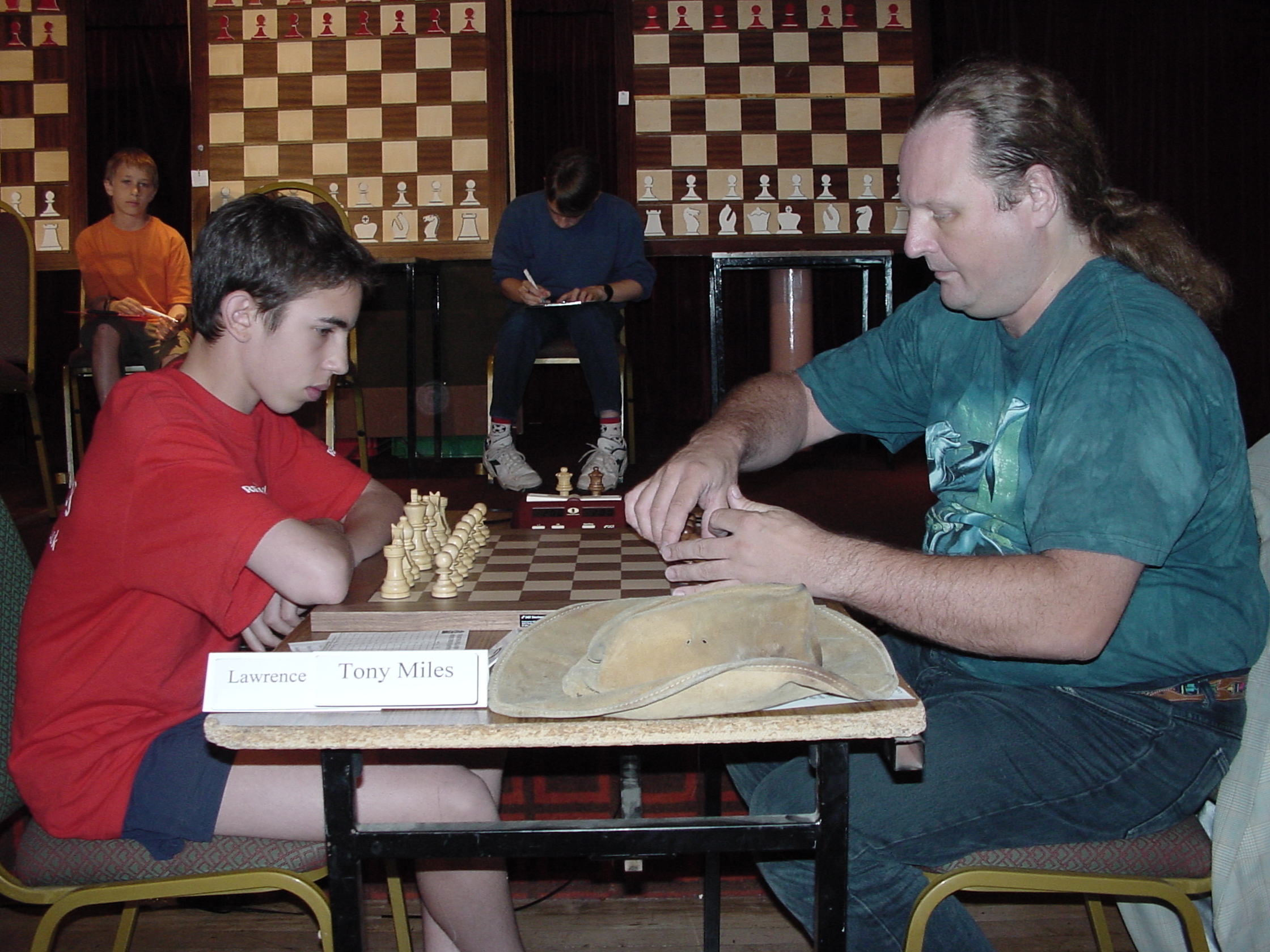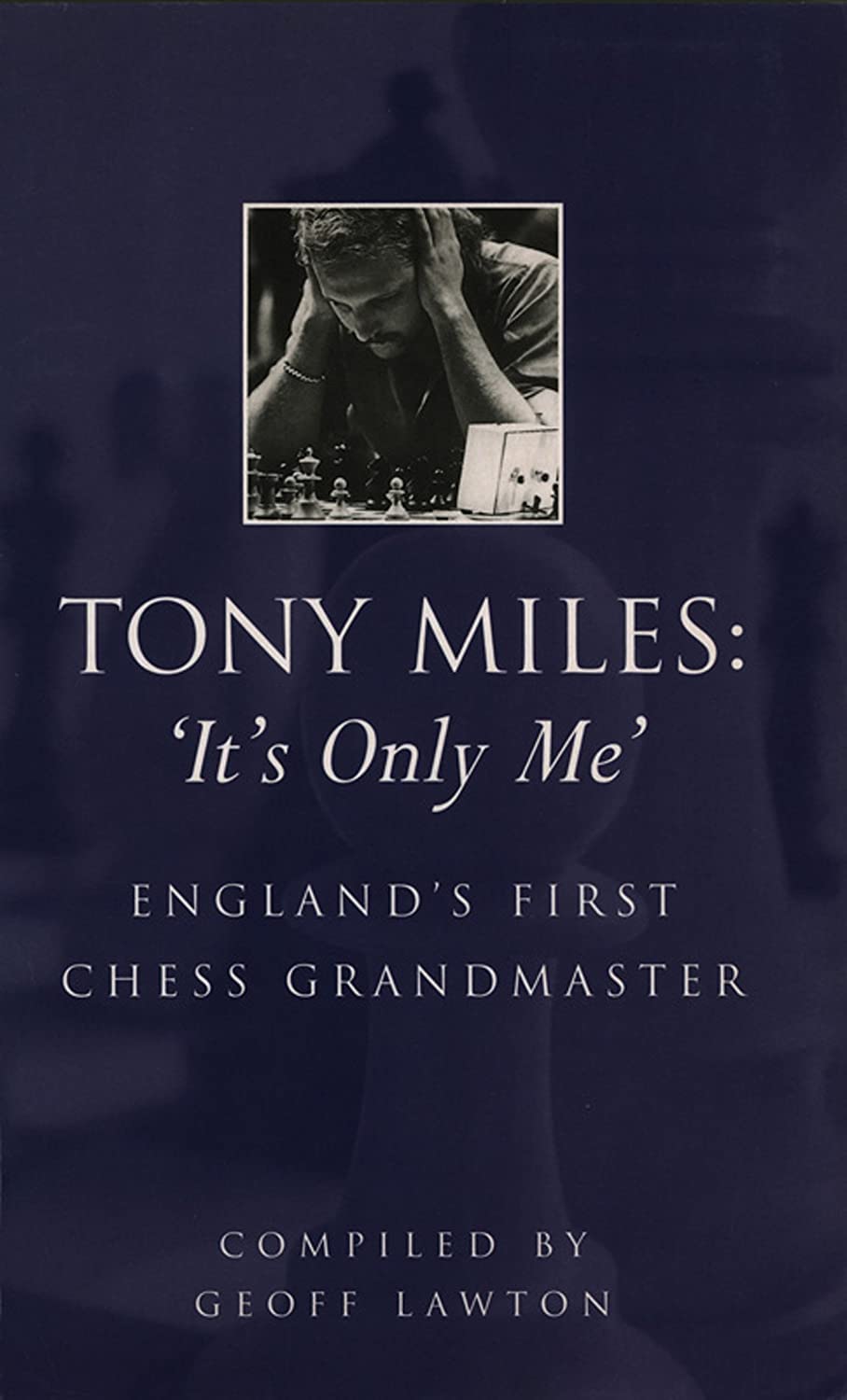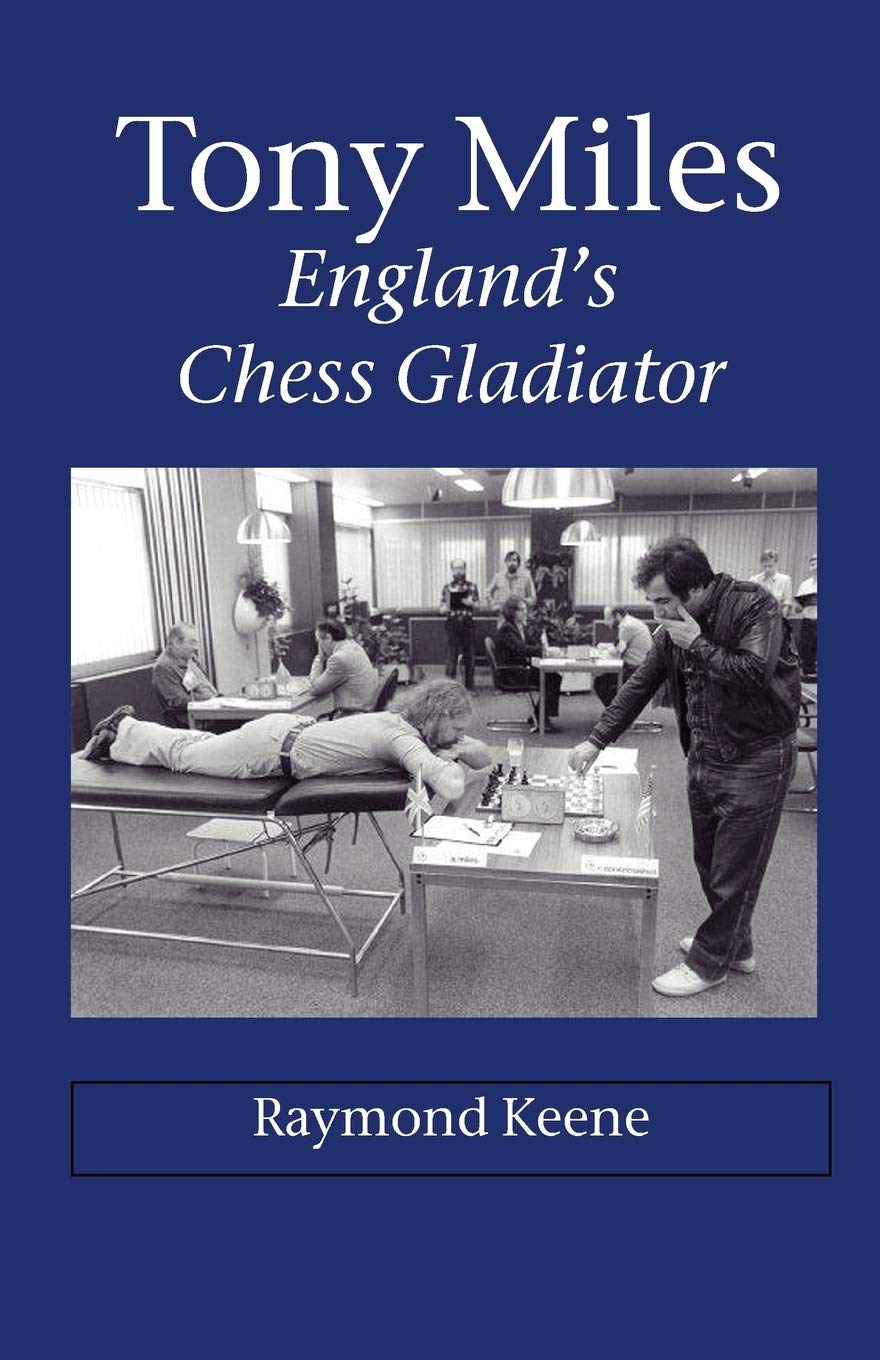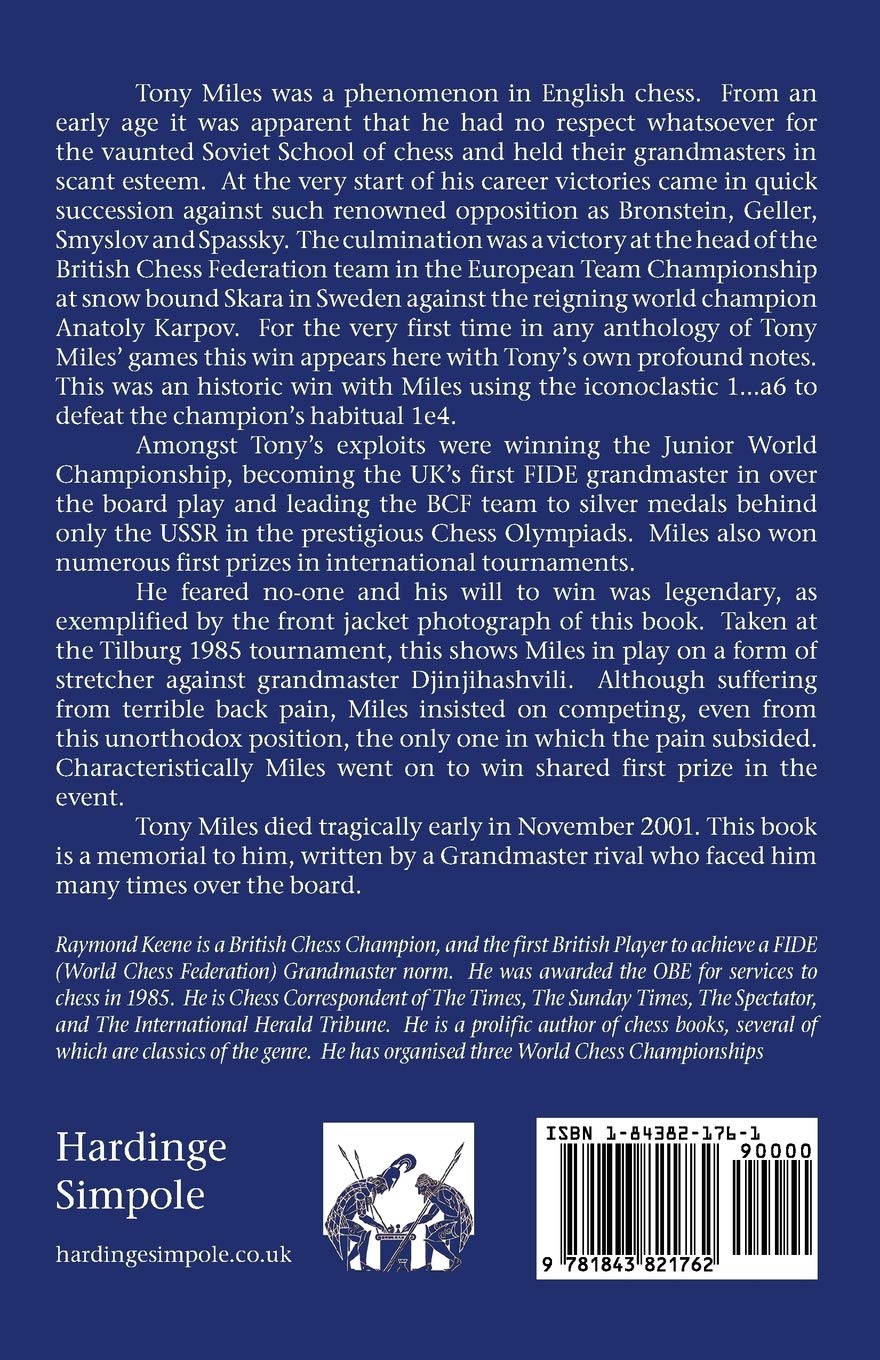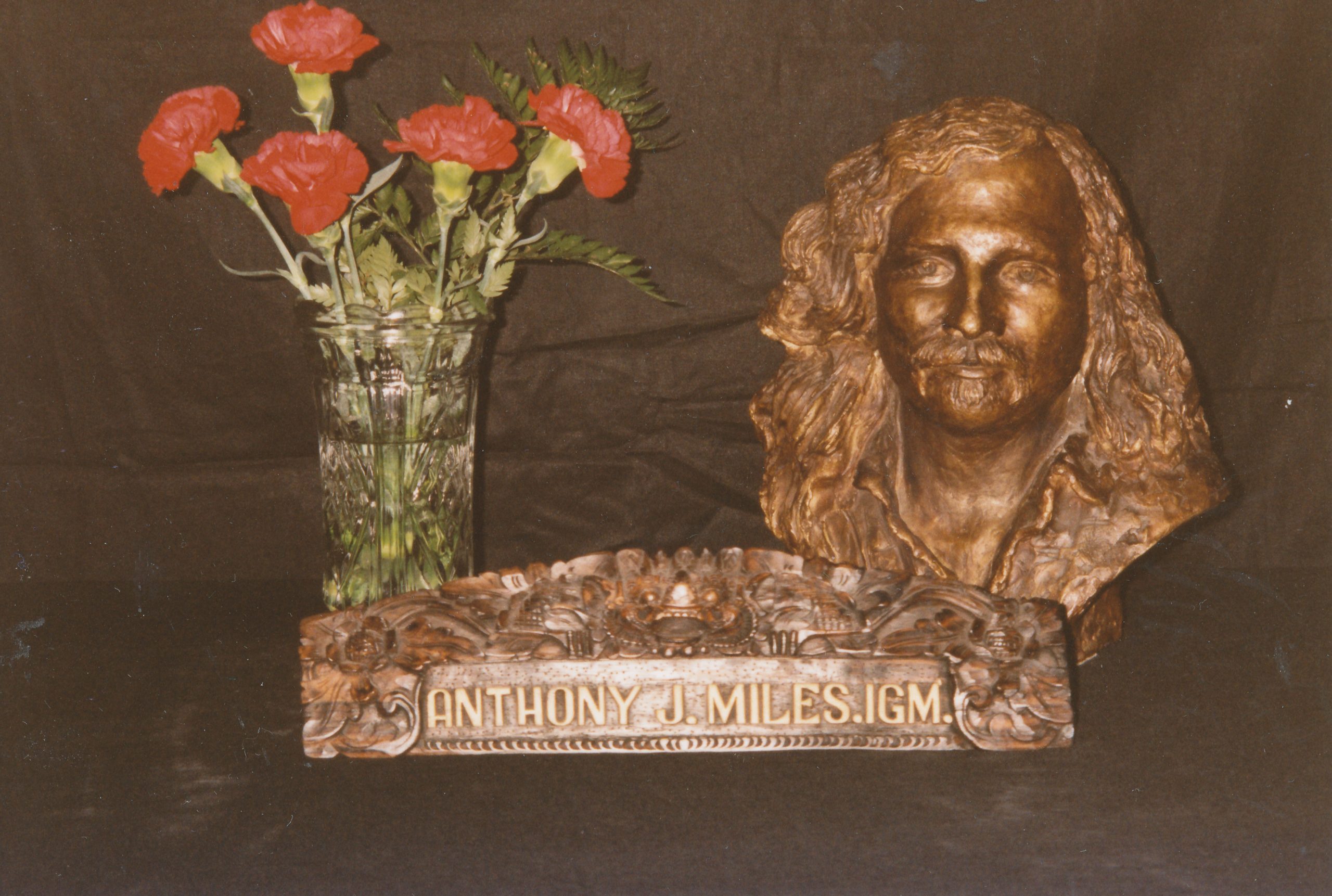
Death Anniversary of GM Anthony Miles (23-iv-1955 12-xi-2001)
November 12
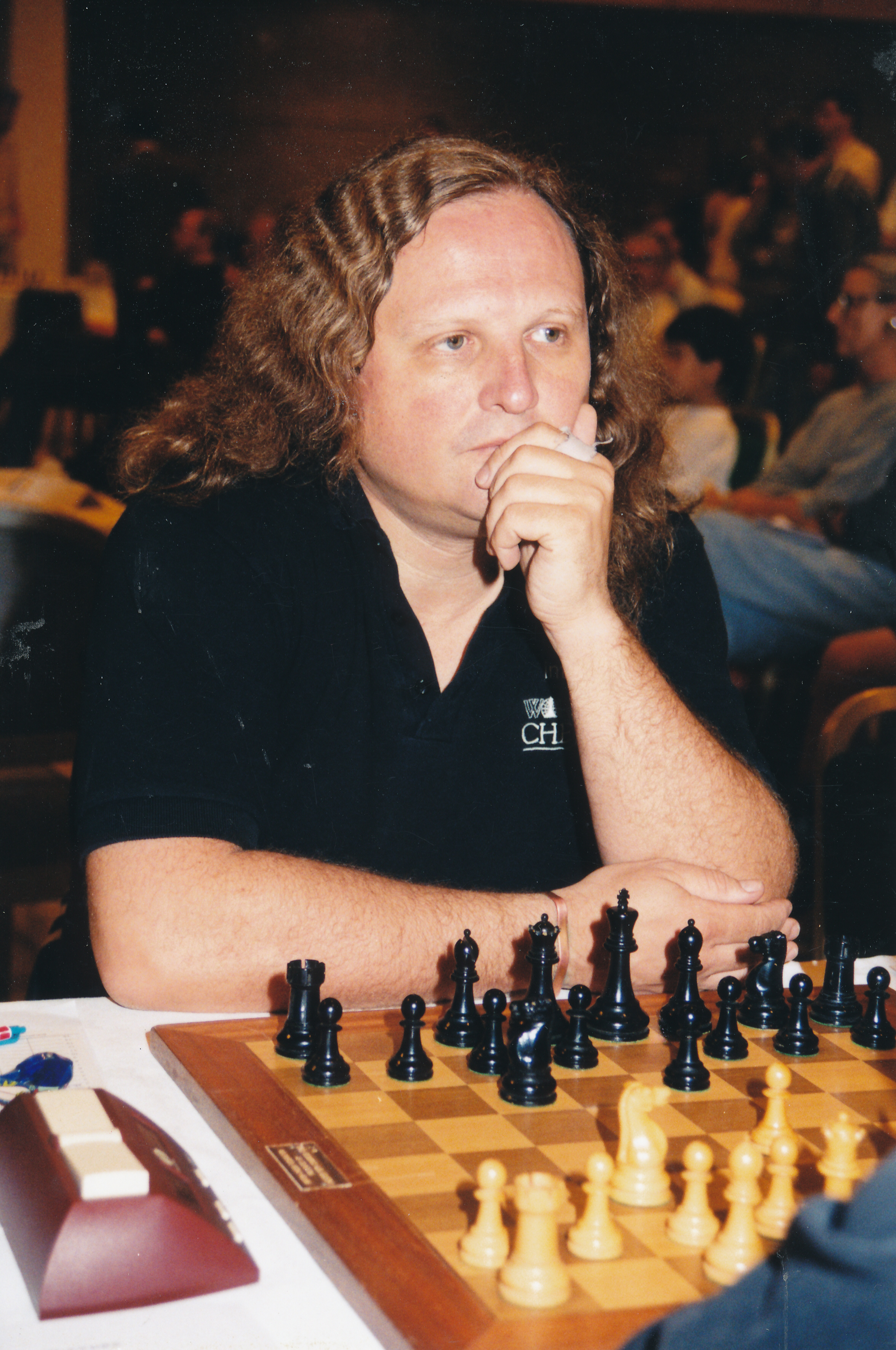
We remember one of the most innovative and best loved English players of all time, Tony Miles.
From British Chess (Pergamon Press, 1983) by Bernard Cafferty :
“If one had to forecast at the start of the 1970s the British chess would have a player in the next decade who would win the World Junior Championship, make plus score against Soviet players in his first years of play against them, and beat such household names as Geller, Bronstein, Larsen, Gligoric, Smyslov, Spassky and Karpov…one would have been called a romantic dreamer.
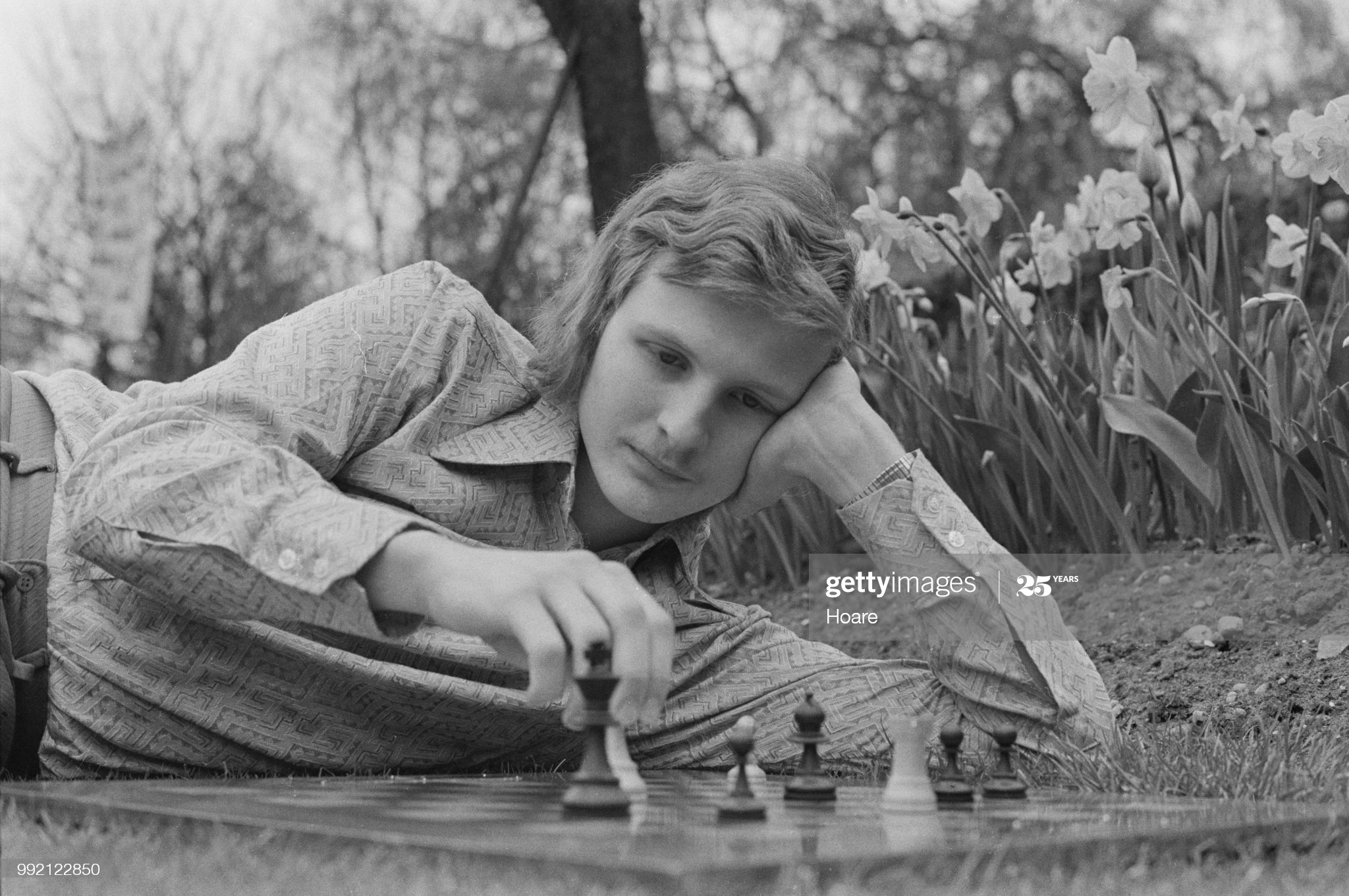
If one had gone further and said that the same grandmaster X would become only the second British player this century to beat a reigning world champion, and that as Black in an irregular opening (1 e4 a6 2 d4 b5) then incredulity would indeed have been a fitting reaction.
Yet all this has come to pass; all the above is fact not fiction, reality not a day dream. Who is grandmaster X? Where did he develop?
Anthony John Miles was born on the 23rd April, 1955, in Birmingham (his birthplace is incorrectly marked (Ed: as London) on the map in Elo’s book on ratings.) He learned the moves at the age of five, became seriously interested in the game at the age of nine or ten, and almost straight away won the Birmingham Primary Schools Championship.
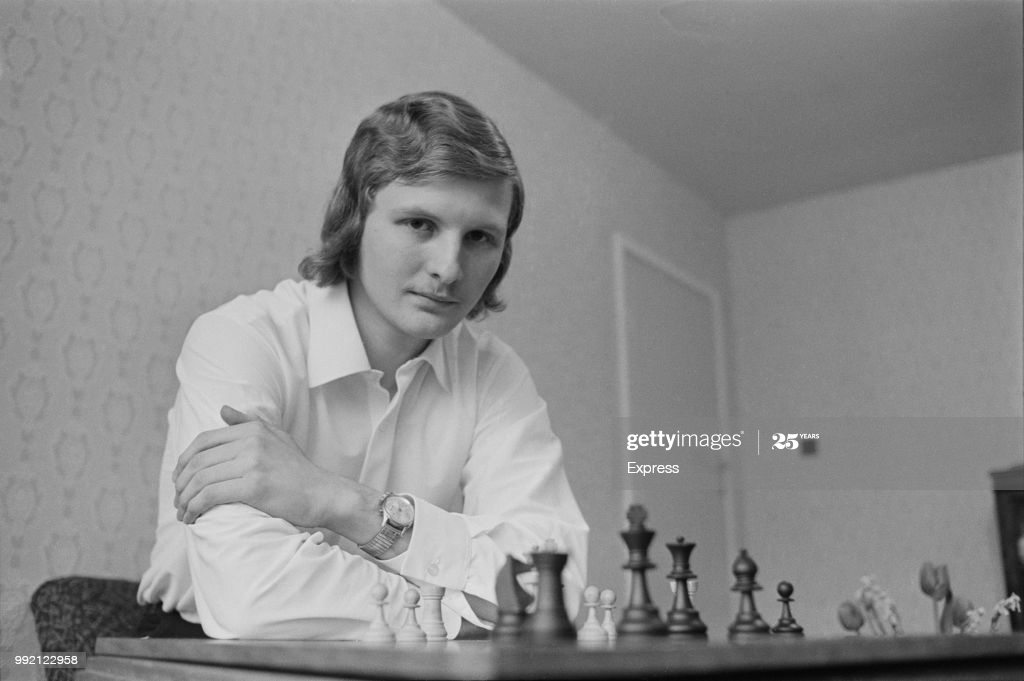
In 1965 he joined the Birmingham Chess club and the following year became a pupil at King Edward School (KES) (the alma mater of other strong British players, such as Hugh Alexander and Malcolm Barker, runner-up to Ivkov in the inaugural World Junior Championship held at Birmingham in 1951.)
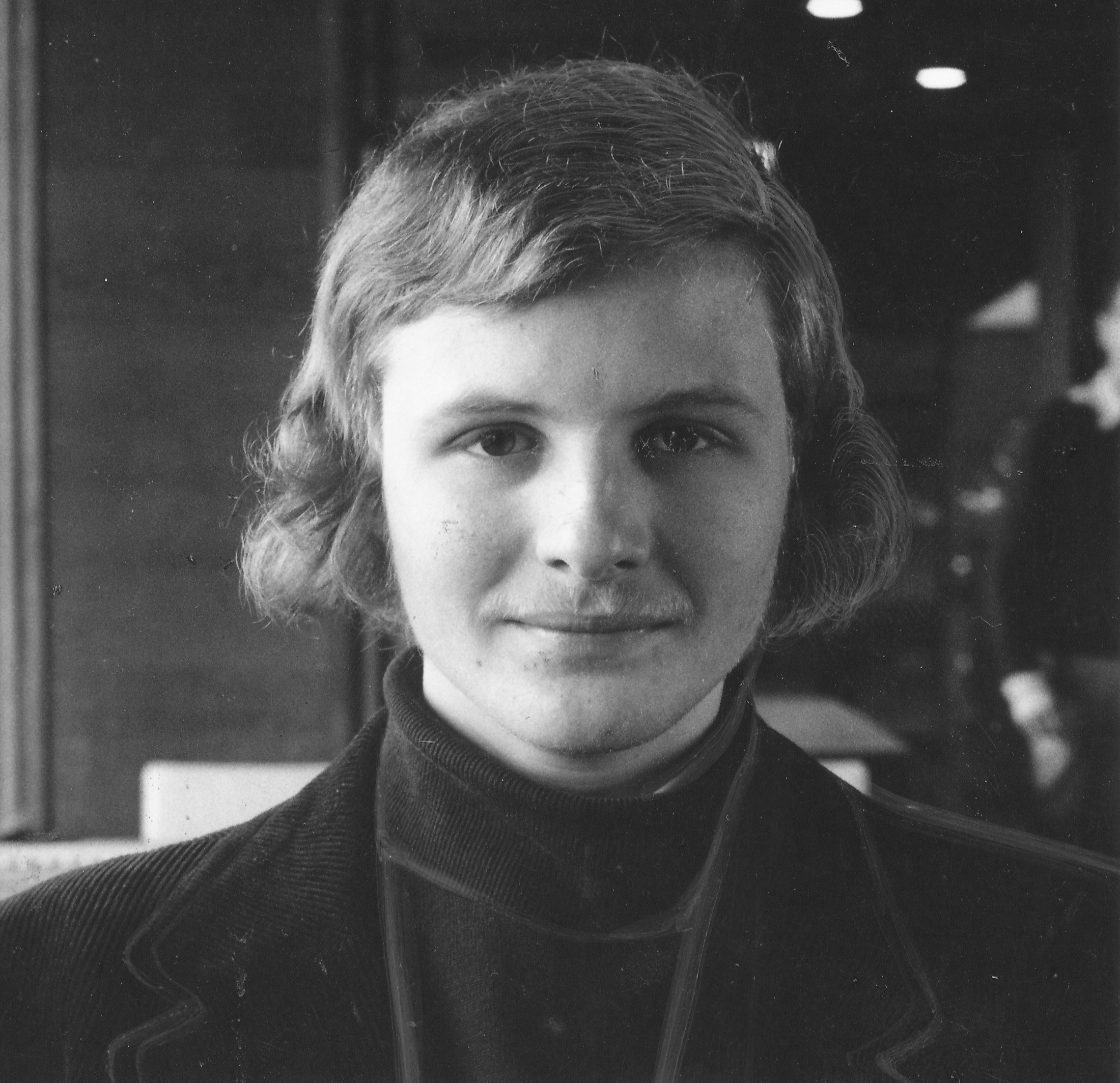
At the Birmingham Club he met strong opposition (another grandmaster-to-be, the postal player Keith Richardson was a member there for a time) since the club’s four teams were all in the higher divisions of the local league. Yet Tony’s school work meant that he could not be called a frequent attender at the club – he turned up for league matches and the club championship, but rarely for skittles except in the summer.
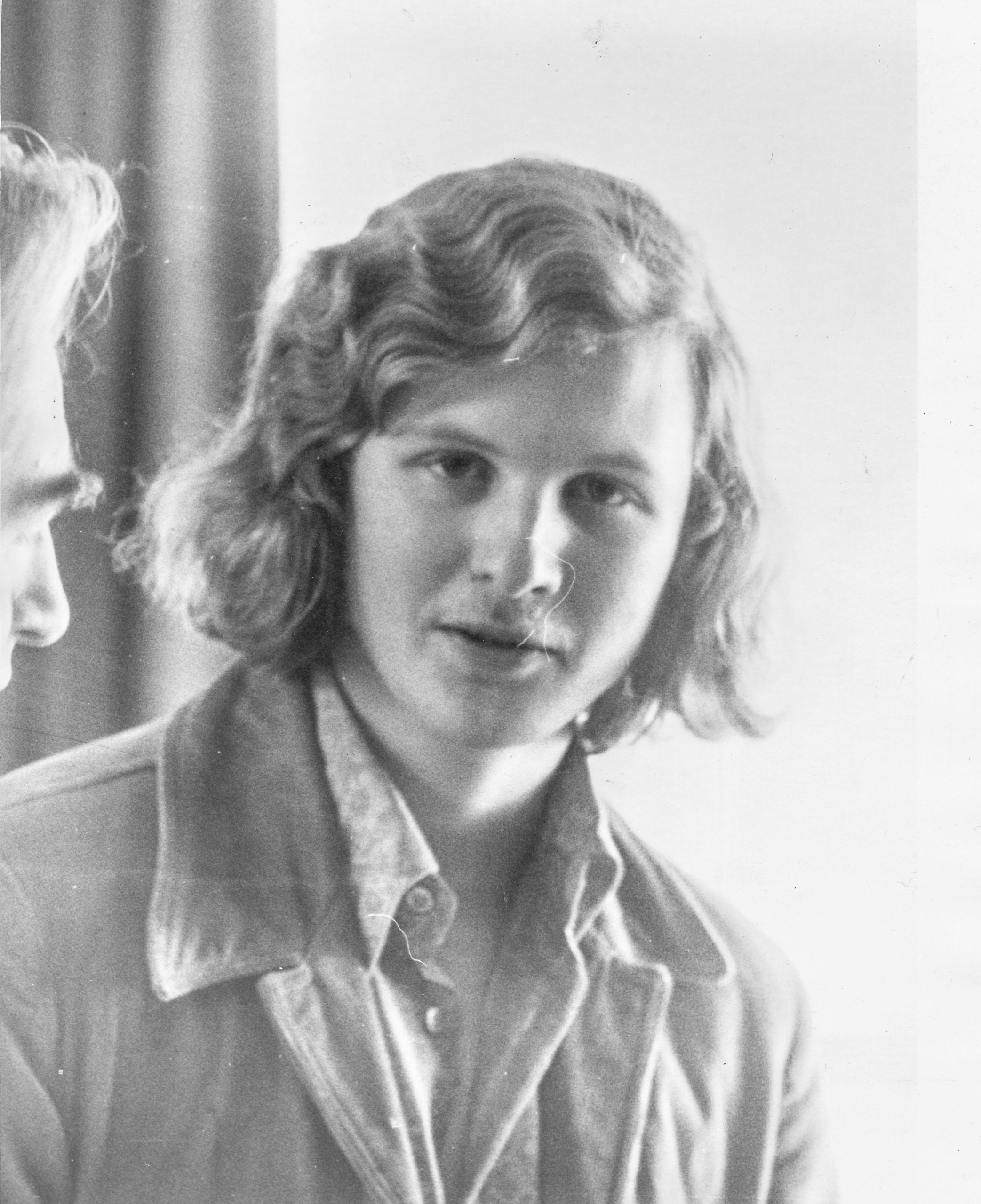
Soon he was playing in the Second Division, by 1968 he was in the First Division, and in the 1969-70 season he was on top board for one of the Club’s three teams in the top Division.
Tony made his debut in the BCF Congress at Oxford, 1967, where he was equal 11th in the under-14 Boys Championship won by another rising star, John Nunn. Strangely enough when Tony won this title the following year at Bristol Nunn was 3rd equal!
The Edgbaston player was also a regular competitor in the annual Easter Congress held in the same suburb of Birmingham where he lived.

The breakthrough to national status came when he was a sixth-former at KES. At the BCF Congress, Blackpool,
1971, he won the under-2l Championship (with Nunn and Jon Speelman equal 2nd and the same year made his international debut in a junior tournament at Nice which he won ahead of various prominent players including the Swiss Hug who was to win the World Junior championship some 4 months later!
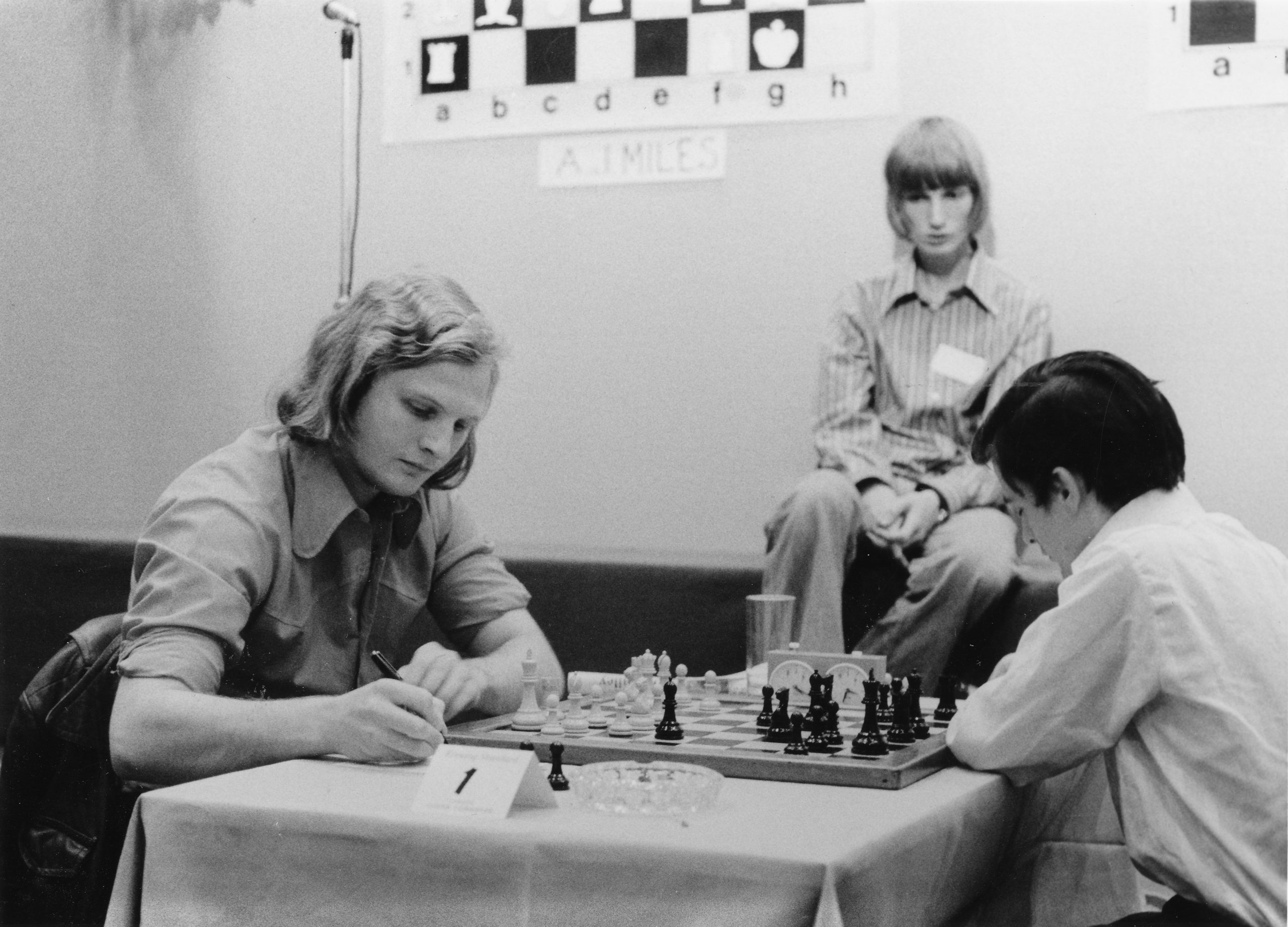
In the 1971-72 Birmingham and District League season he set up a scoring record, mainly on top board, that may never be equalled (9.5 out of 10).
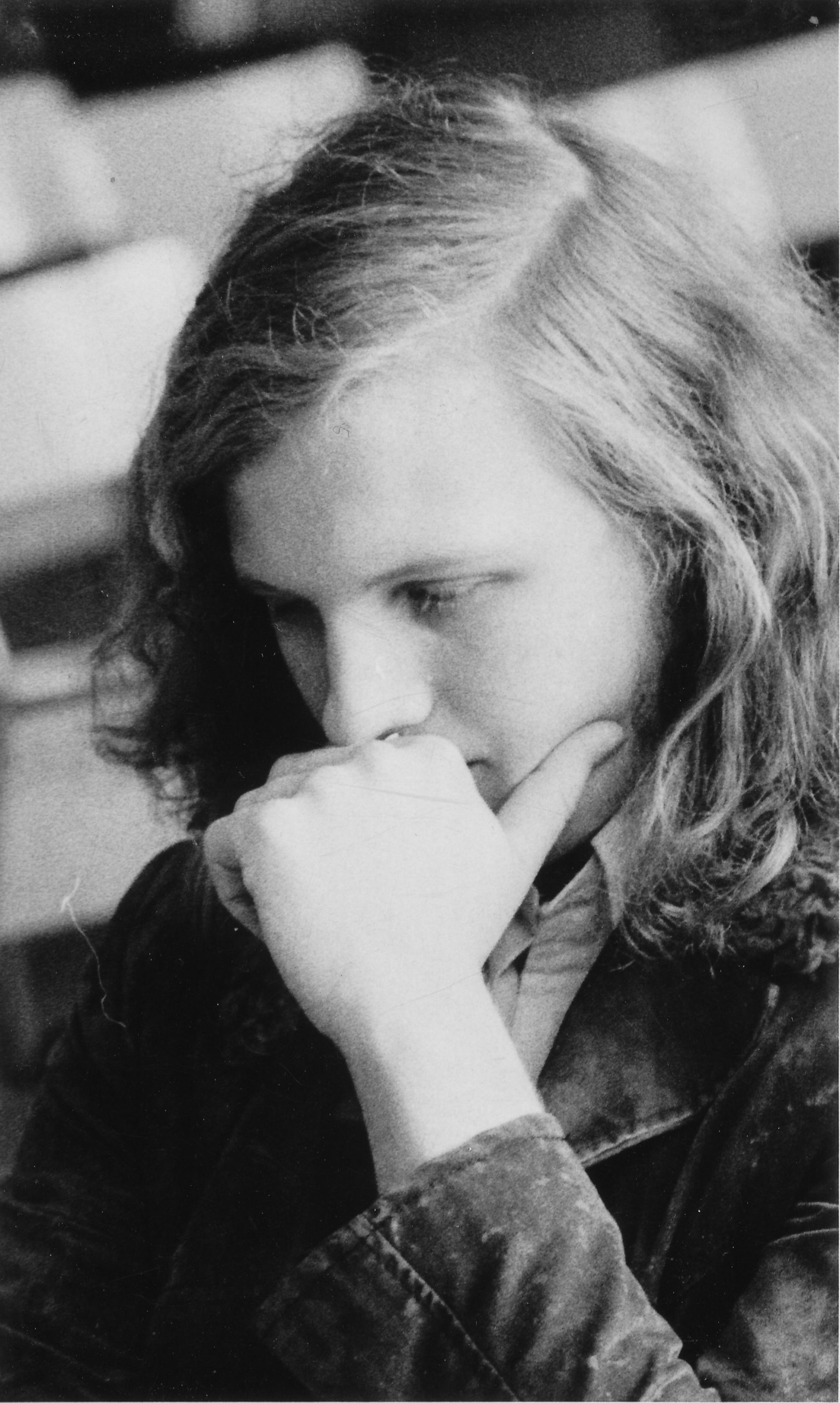
During these school years Tony was a rather taciturn teenager (perhaps to be expected in an only child) but he never fitted in with the conventional image of chessplayer as weedy bookworm.
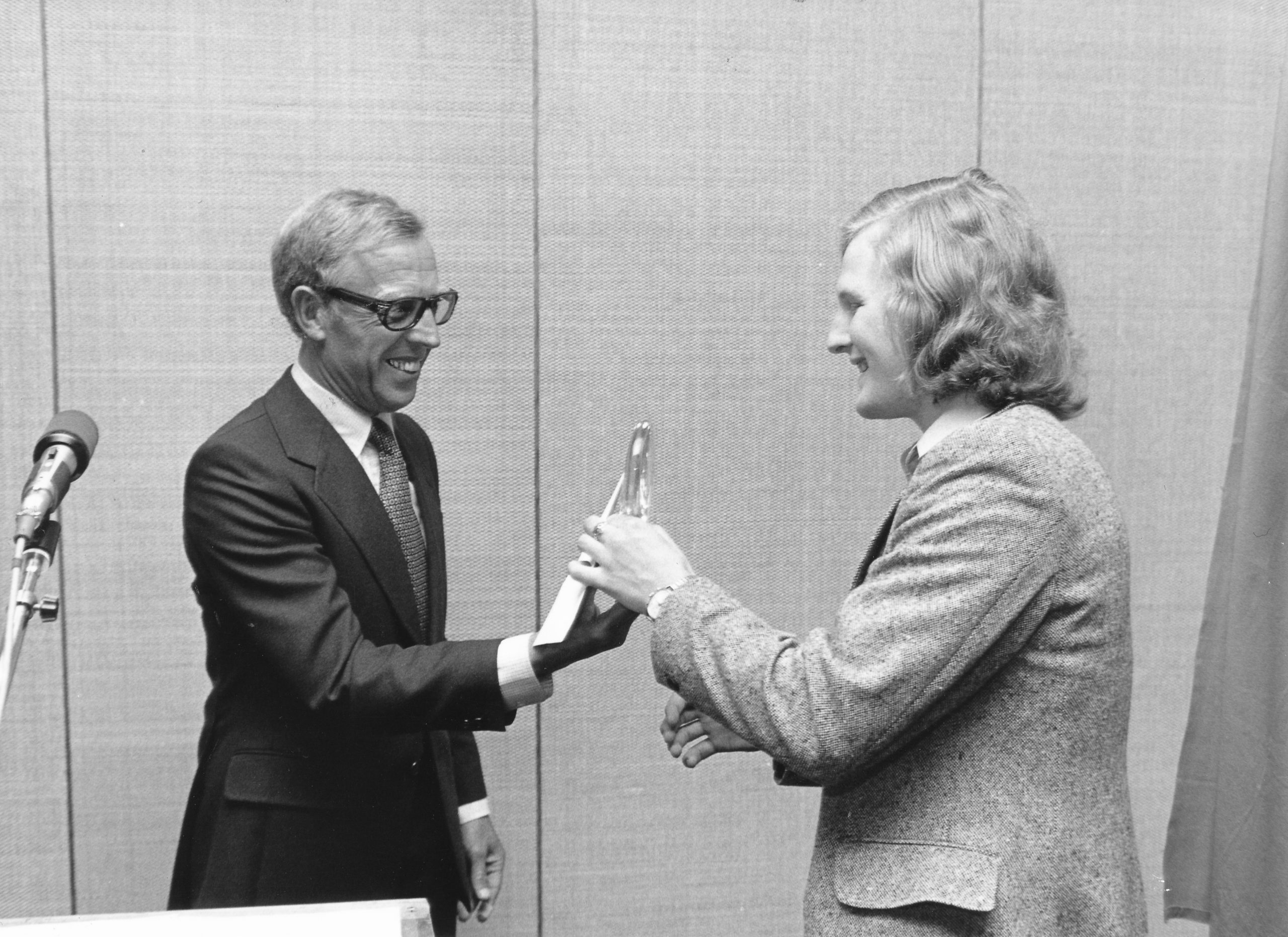
He always had a fine physique, played rugger at school and later became keen on squash and skiing as a means of keeping fit, though he is the first to admit that he can be rather lethargic (especially in the mornings!)
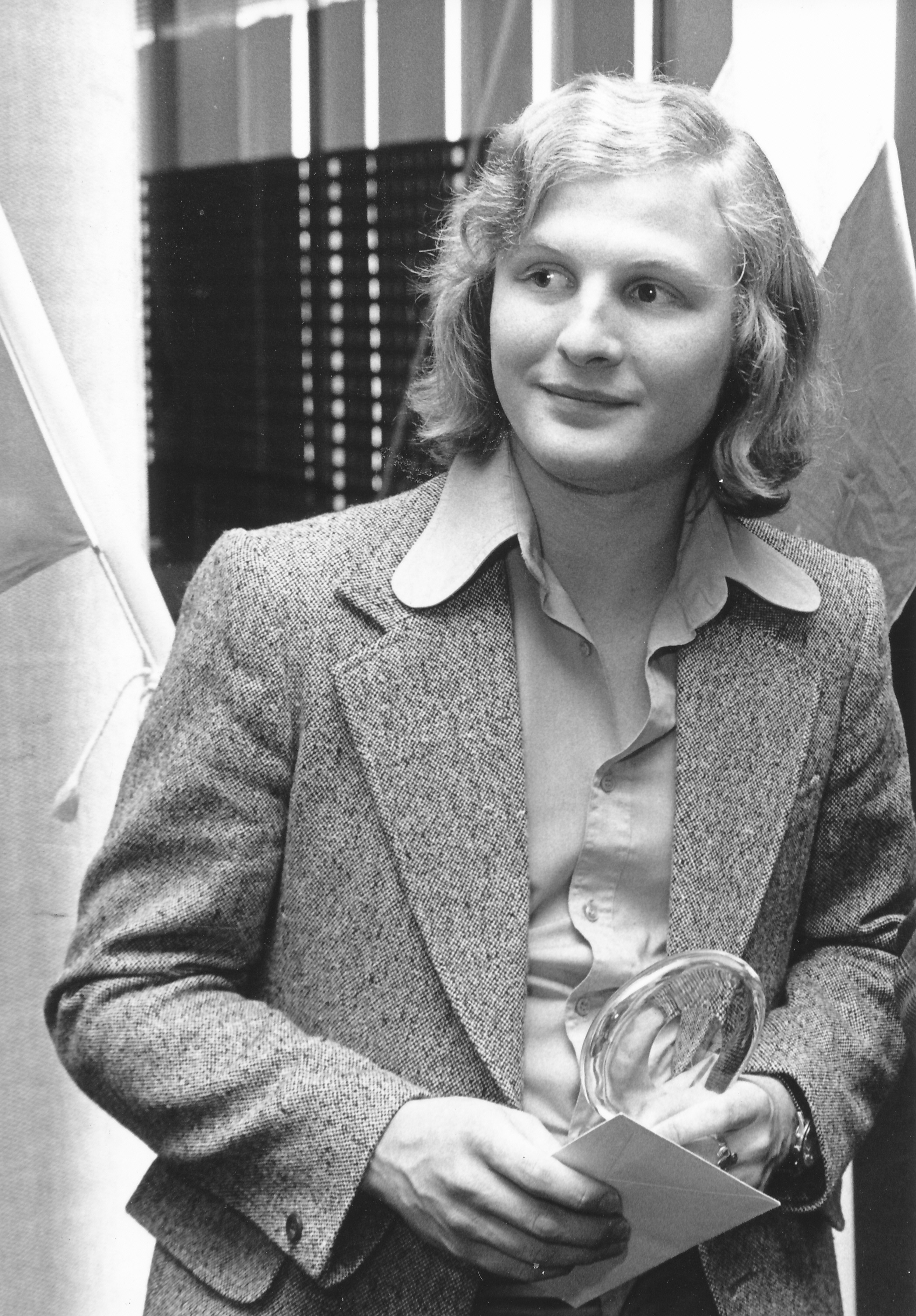
At the time I knew one of his teachers professionally, and heard the occasional report that he was not always up to the best academic standards of KES. My reaction must have seemed heresy at the time, but subsequent events in the post-Fischer era have confirmed that the ability to play chess to international standard may lead to a more worthwhile career than being a run-of-the-mill university graduate.
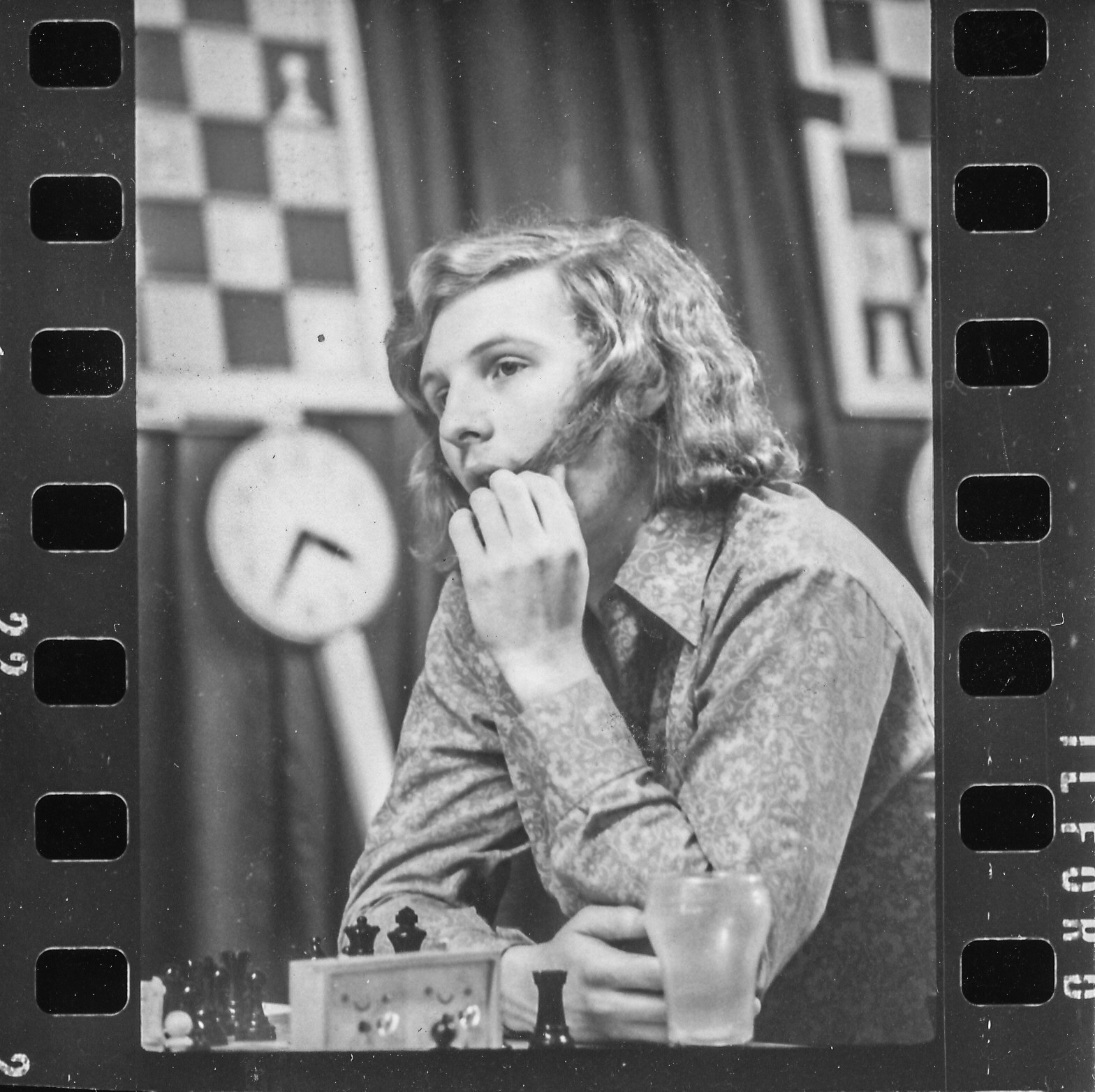
A sign of Tony’s growing understanding of the finer points of the game came when he strolled into the Birmingham Club the day after the first game of the Spassky-Fischer match and pointed out (correctly as was shown later) the reason why Fischer had made his famous Bxh2 sacrifice/oversight.
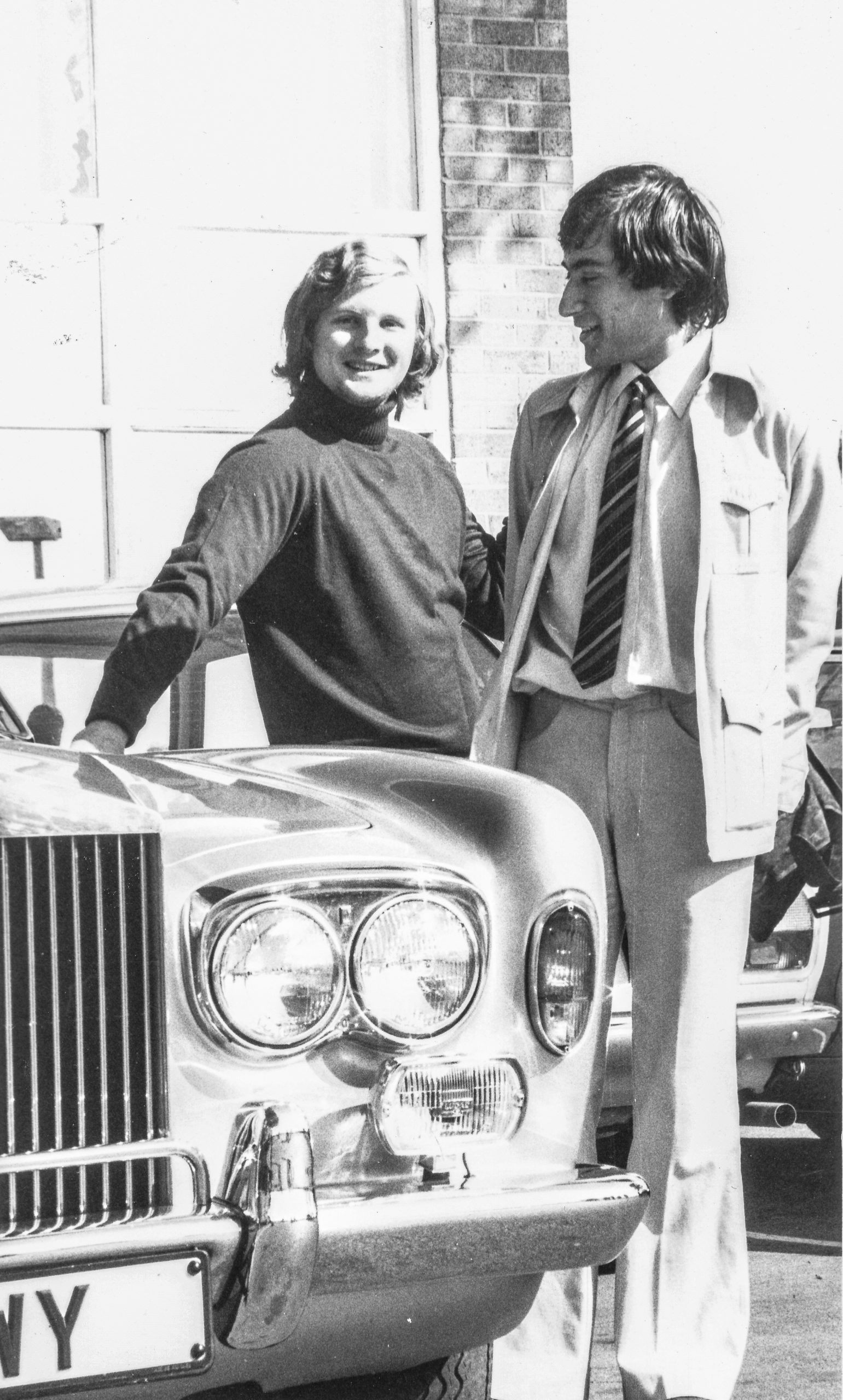
International recognition came in 1973 when he finished 2nd to Romanishin in the European Junior Championship at Groningen, and Second to Belyavsky in the World Junior at Teeside, as well as sharing 4-6th place in the British Championship at Eastbourne at only the second attempt. His first game to be published round the world was his victory over Bisguier in the Birmingham Easter tournament which he won ahead of Adorjan and Bisguier in the same year.
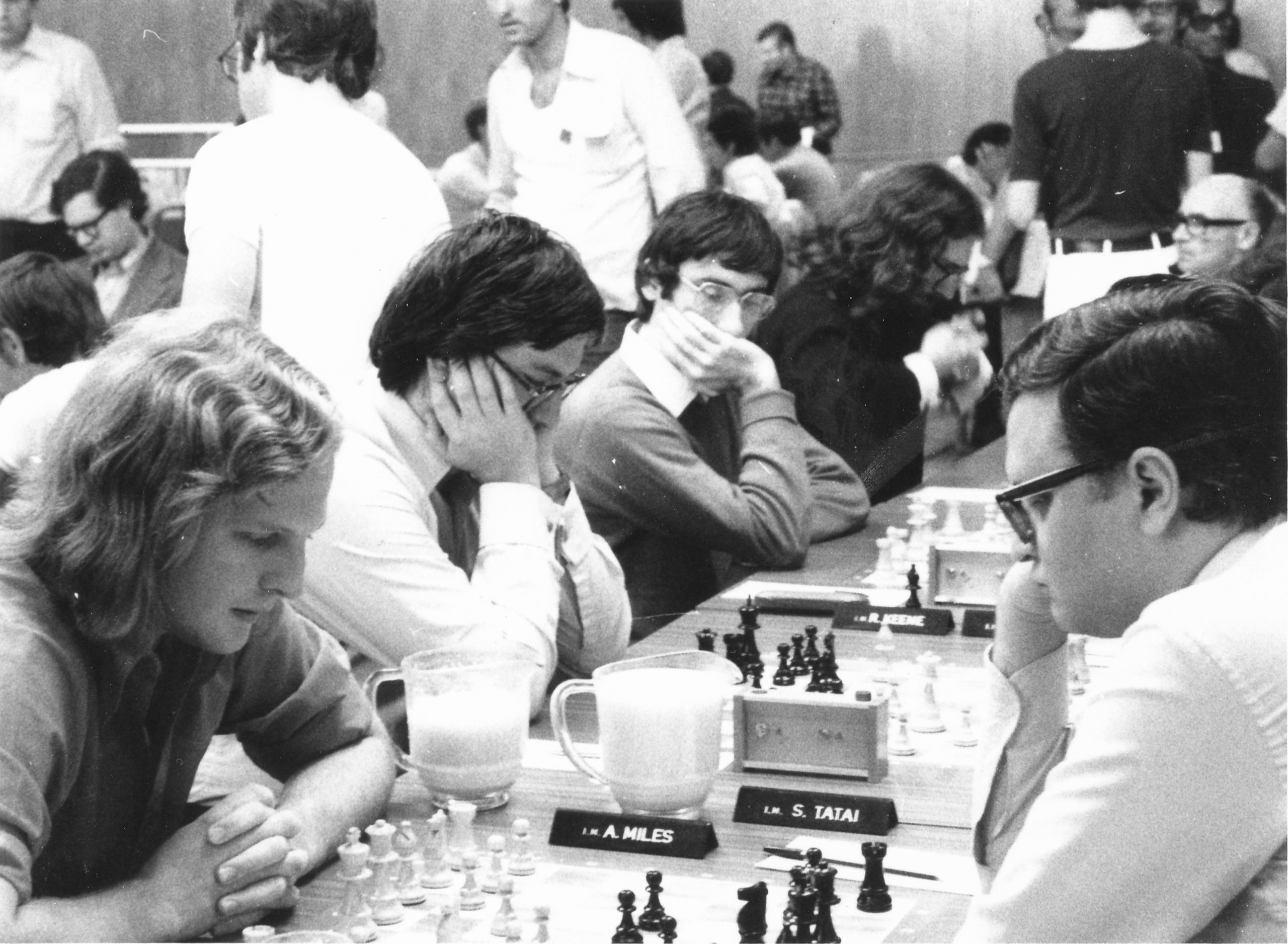
The main event of 1974, a break-through for British chess, was the World Junior Championship played in August in sub-tropical Manila. Here he played one of his finest games, against Kochiev, to take the title with a round to spare, thereby becoming lnternational Master. Tony’s physical strength showed up to good effect here, not just lasting out the 4 weeks in the baking humidity but coping with the huge load of luggage (on the outward journey huge cases full of Chess Player, Informator and the like; on the return journey this load reinforced with prizes and souvenirs!).
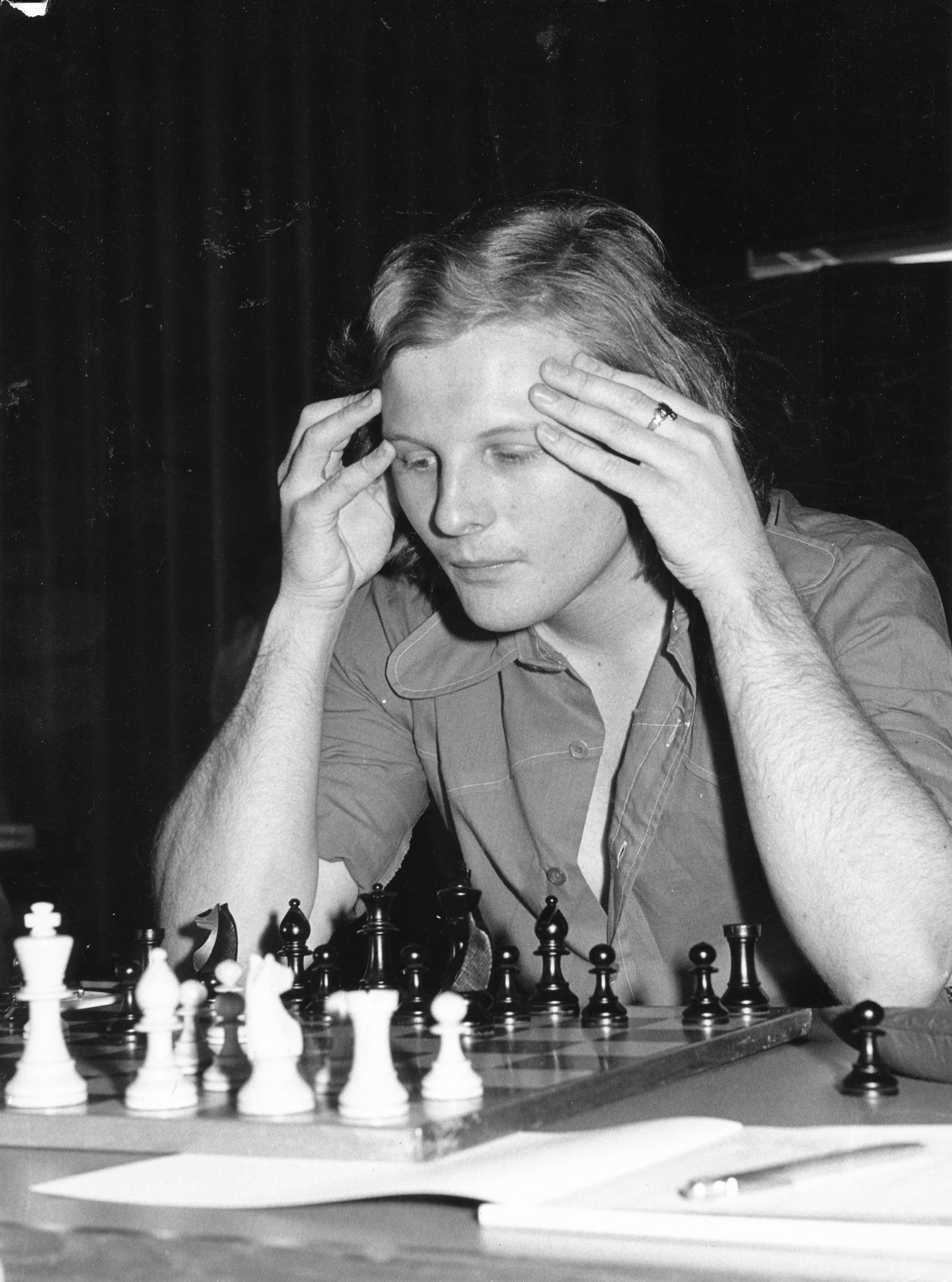
Gaining the title brought regular invitations to tournaments which could not be fitted in well with the demands of his maths course at Sheffield University. In the summer of 1975 he gave up the course after two years, while the University authorities showed their recognition of his distinction at chess by the award of an honorary MA degree.
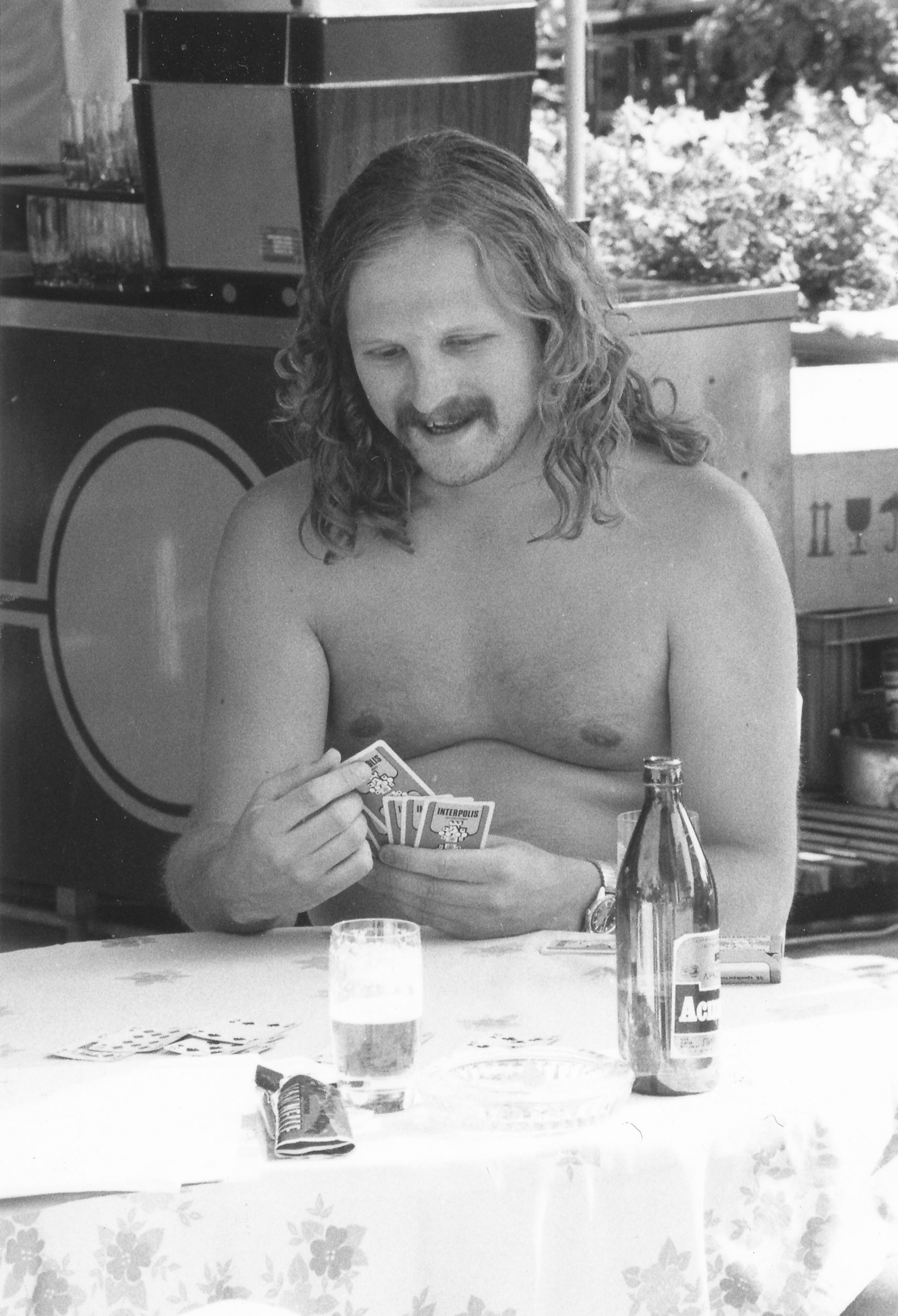
Once free to concentrate wholeheartedly on his true calling he took the grandmaster title in a rush. The first norm came with first prize, August, 1975, at the London Chess Fortnight ahead of Adorjan, Sax and Timman.
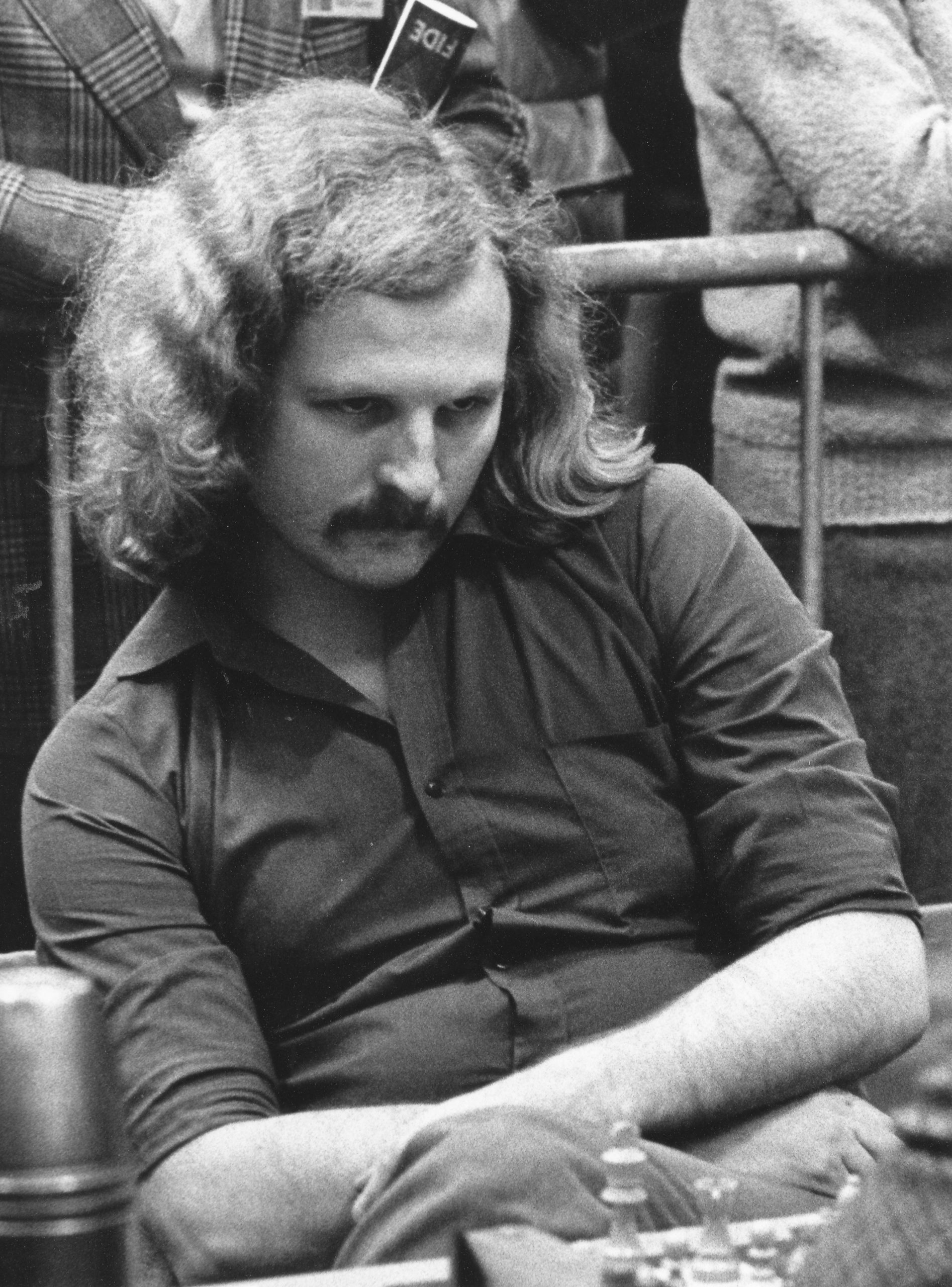
Hastings 1975-76 was not too good a result, but only a few weeks later he was on his way to a great triumph despite
forced late acceptance of the invitation to the USSR due to lack of finance. He got his visa just in time and went to snowy Dubna, a scientific centre near Moscow, to achieve that most difficult feat – a GM norm in a Soviet tournament ahead of eight GM’s and others
just as strong.
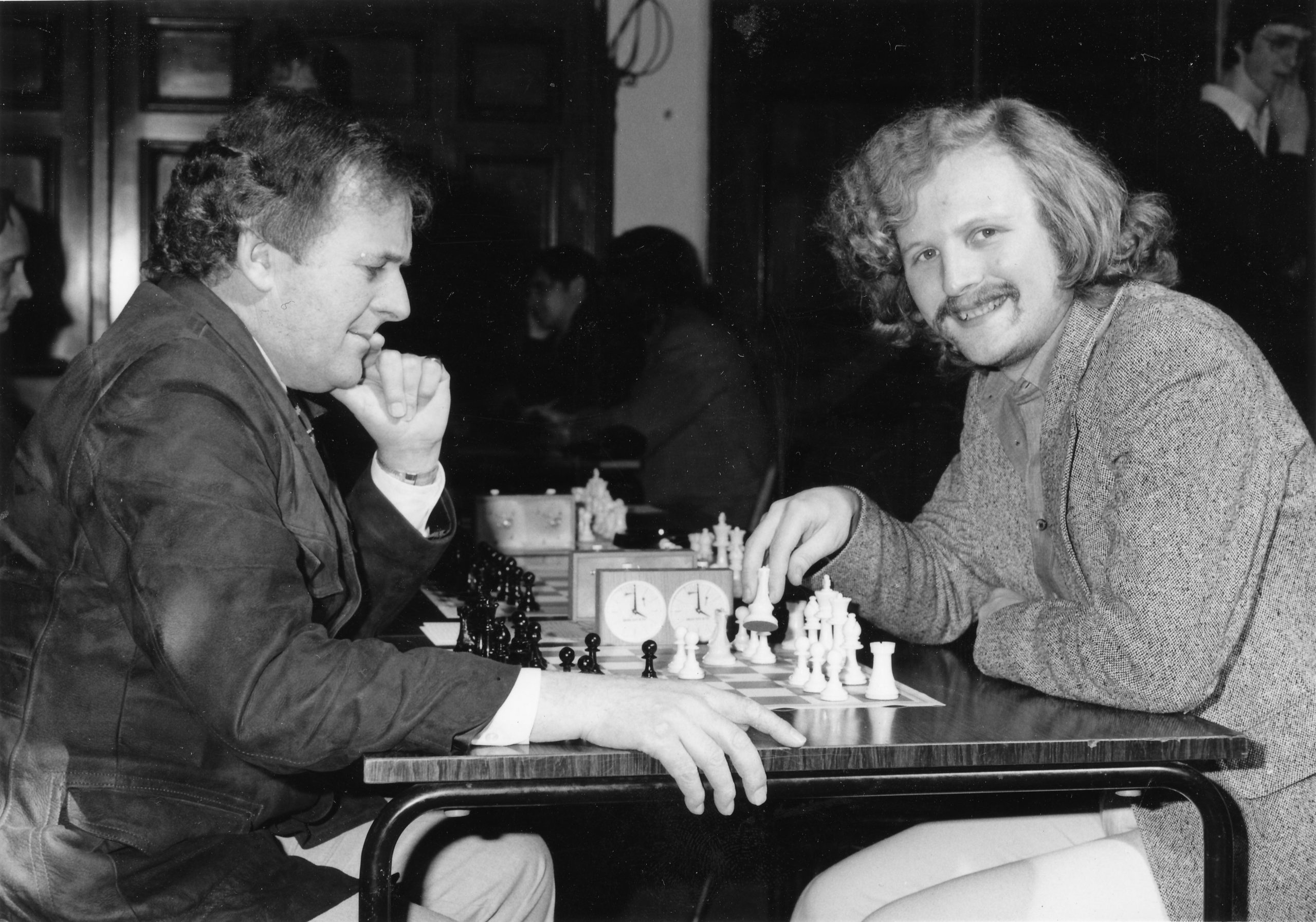
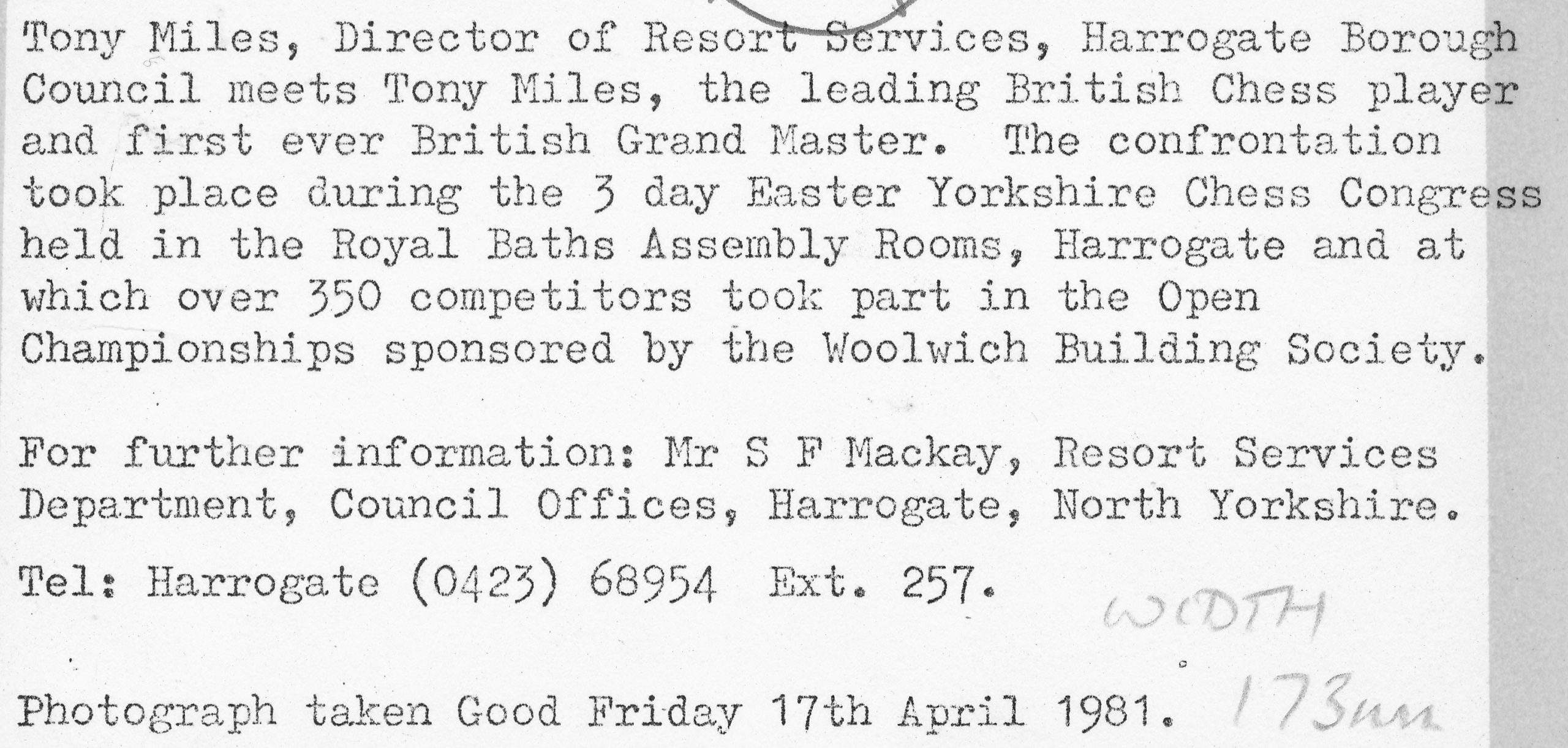
Thus Tony Miles became the first official British grandmaster (the title dates officially only from 1949, so excluding the likes of Staunton, Blackburne and Burn) and took the £5000 Slater prize for the first British GM to add to the £1000 prize for victory in the 1975 Cutty Sark series of weekend and other tournaments. The availability of sponsorship, it goes without saying, has done much to encourage Tony on his chosen path as a chess professional, a far from easy vocation that demands will-power and strong nerves to be successful.
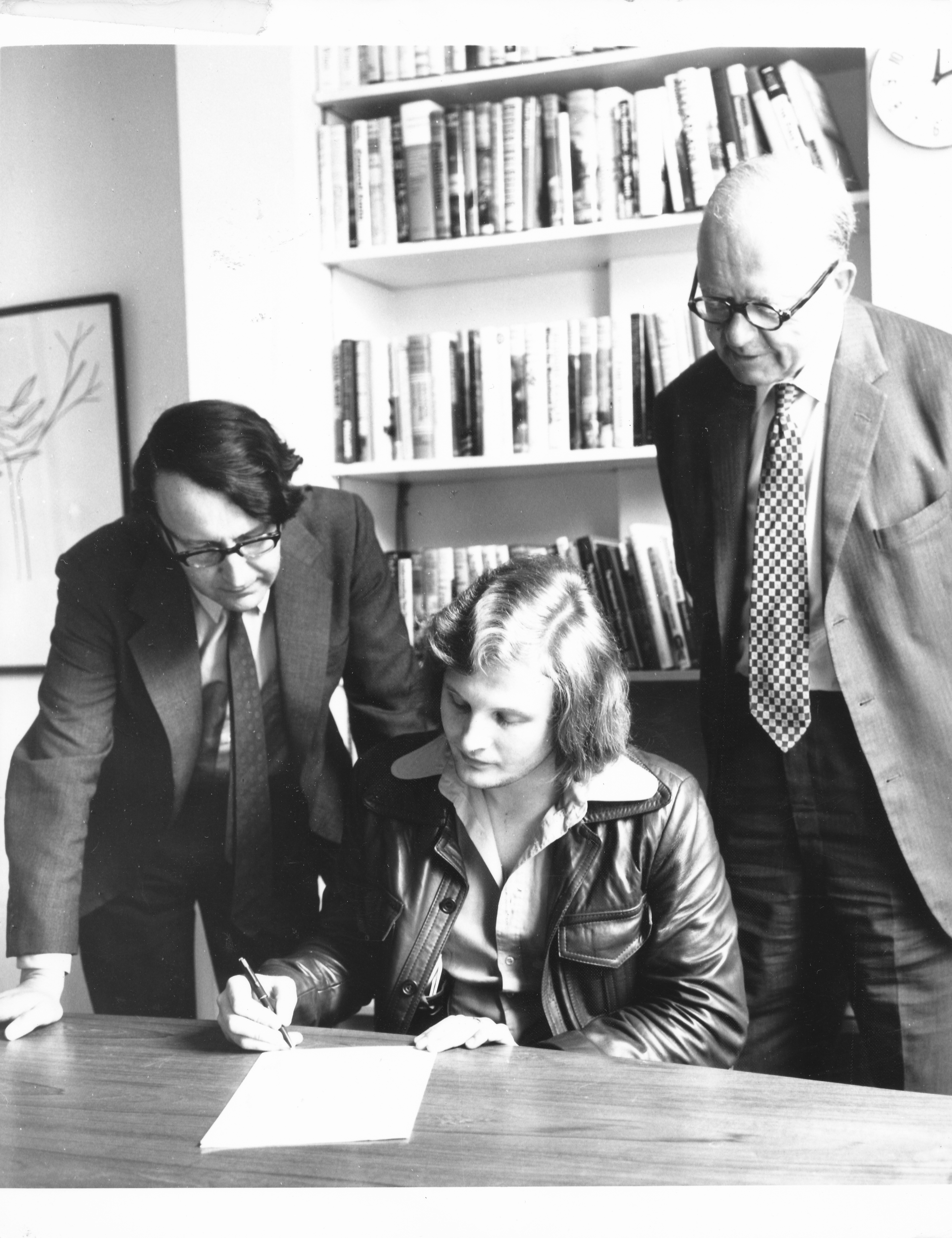
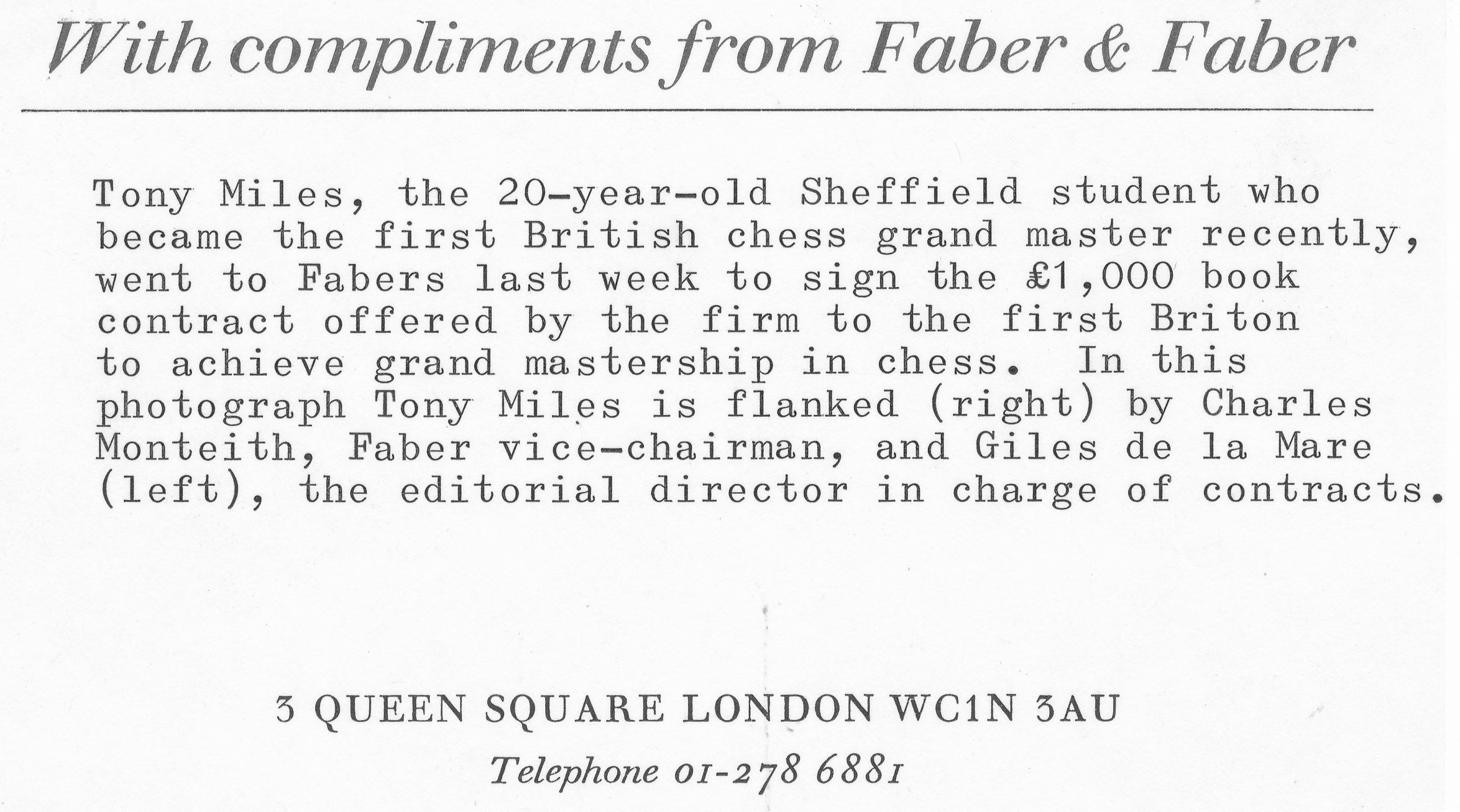
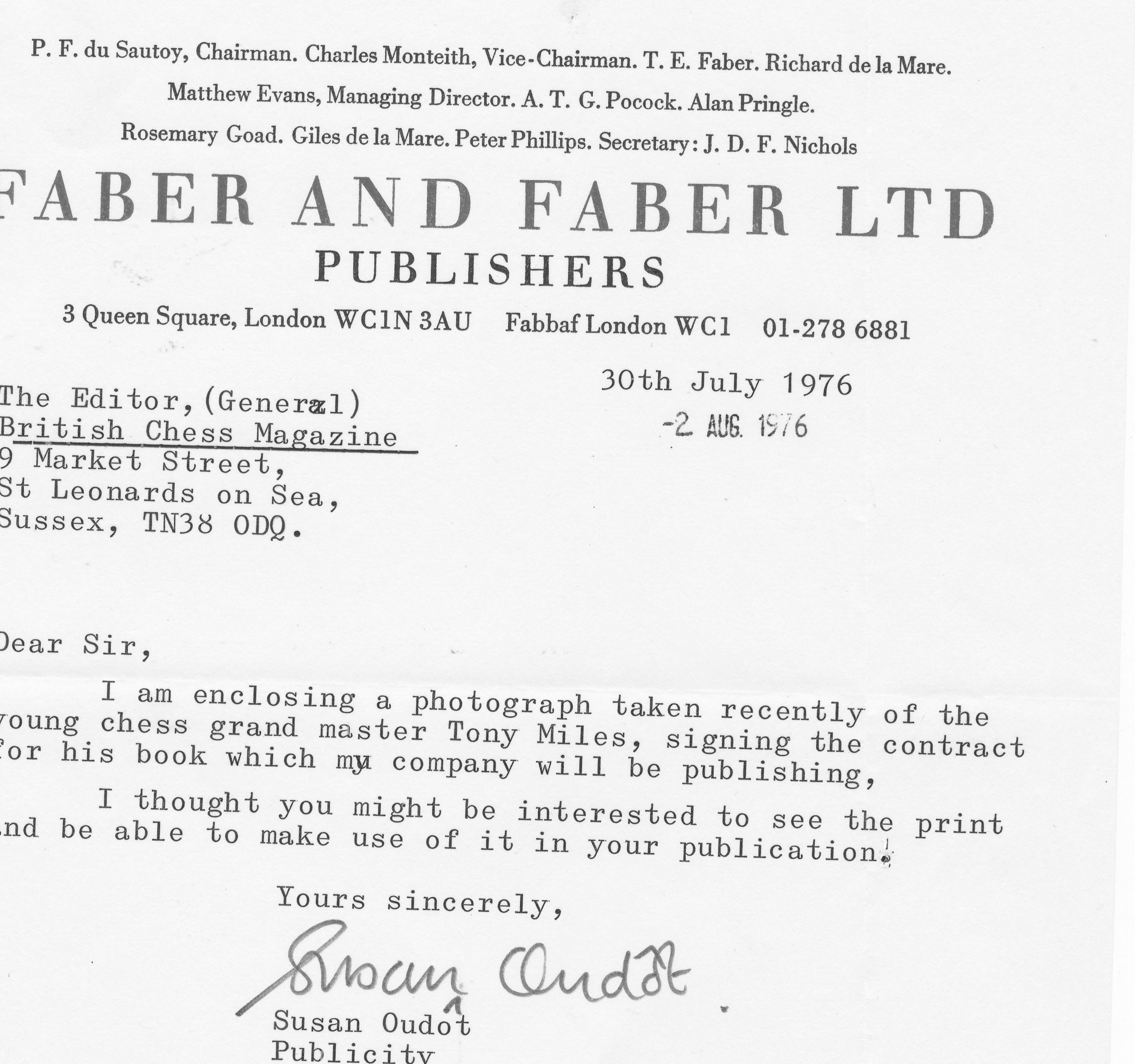
1977 confirmed that here was a genuine grandmaster with first prizes at the Amsterdam IBM and Biel tournaments, and second prize behind Karpov
at the first of the new series of Super grandmaster tournaments (Tilburg, Holland.)
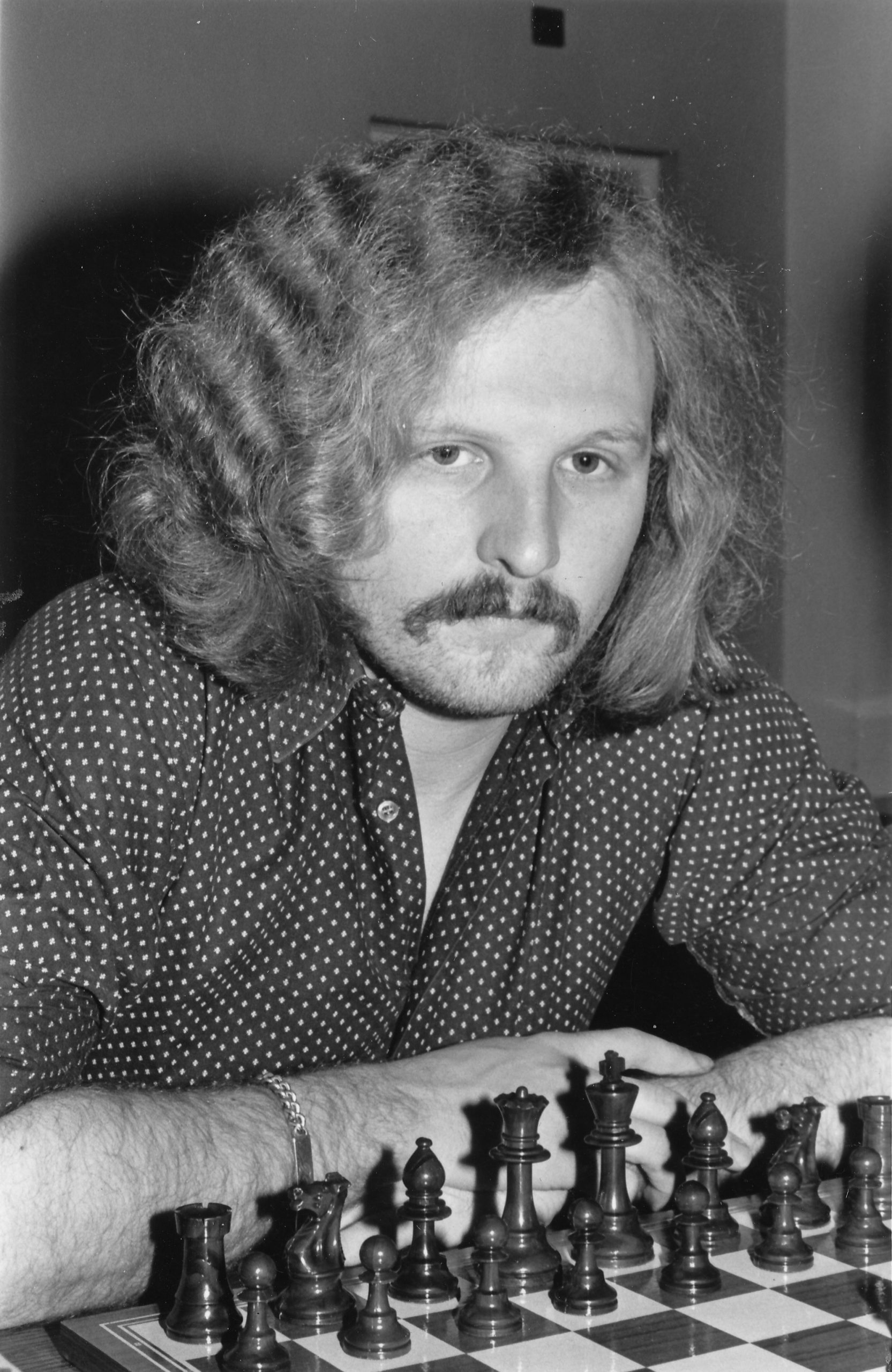
After his Promotion to the ranks of grandmaster Tony, with his usual directness, said that the only thing left to achieve was to have a crack at Karpov. (His fans might react by saying that there were other mountains to climb such as first place at Hastings and in the British Championship, but then Karpov has not achieved the first either, and only became Soviet Champion after he had taken the world title!)
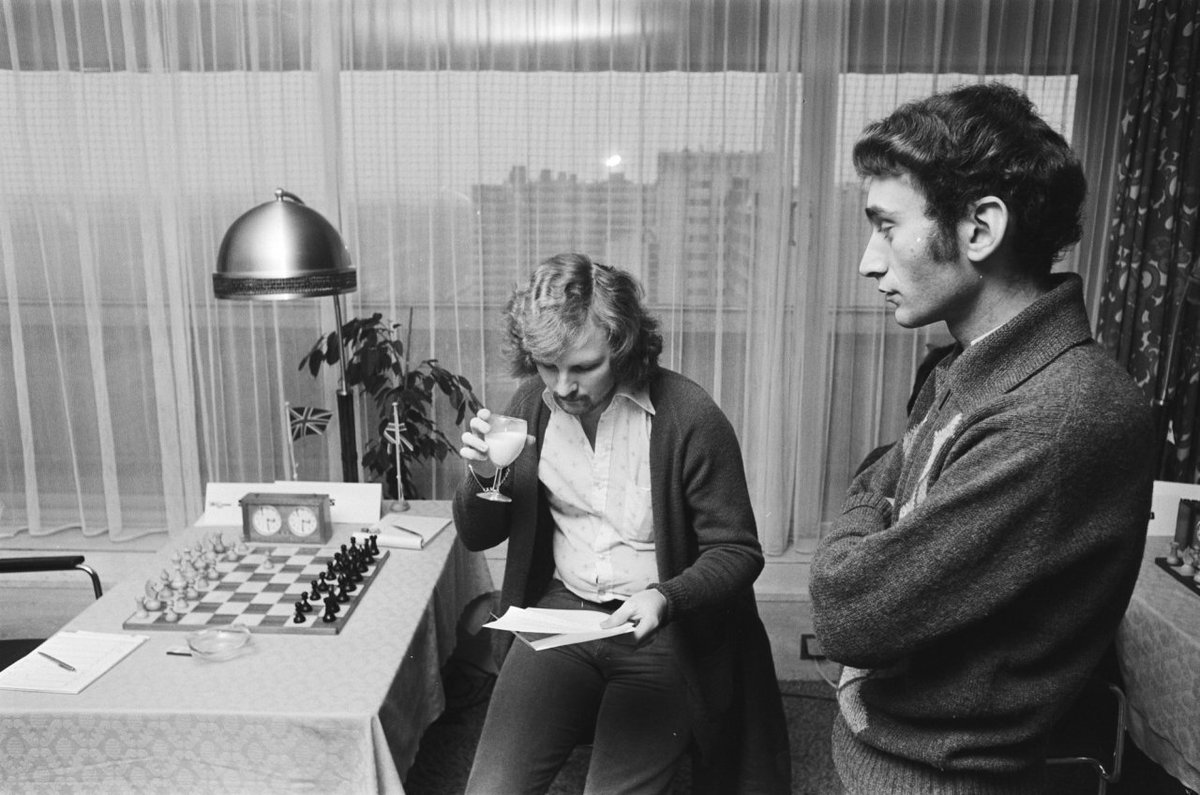
The first chance for this ‘crack’ came with their meeting in the super tournaments at Tilburg and Bugojno, as well as in the 1977 BBC2 TV Master Game’ The
results went much in favour of the (slightly) older man. Tony had to wait till January, 1980 before he could celebrate a victory over Fischer’s successor.
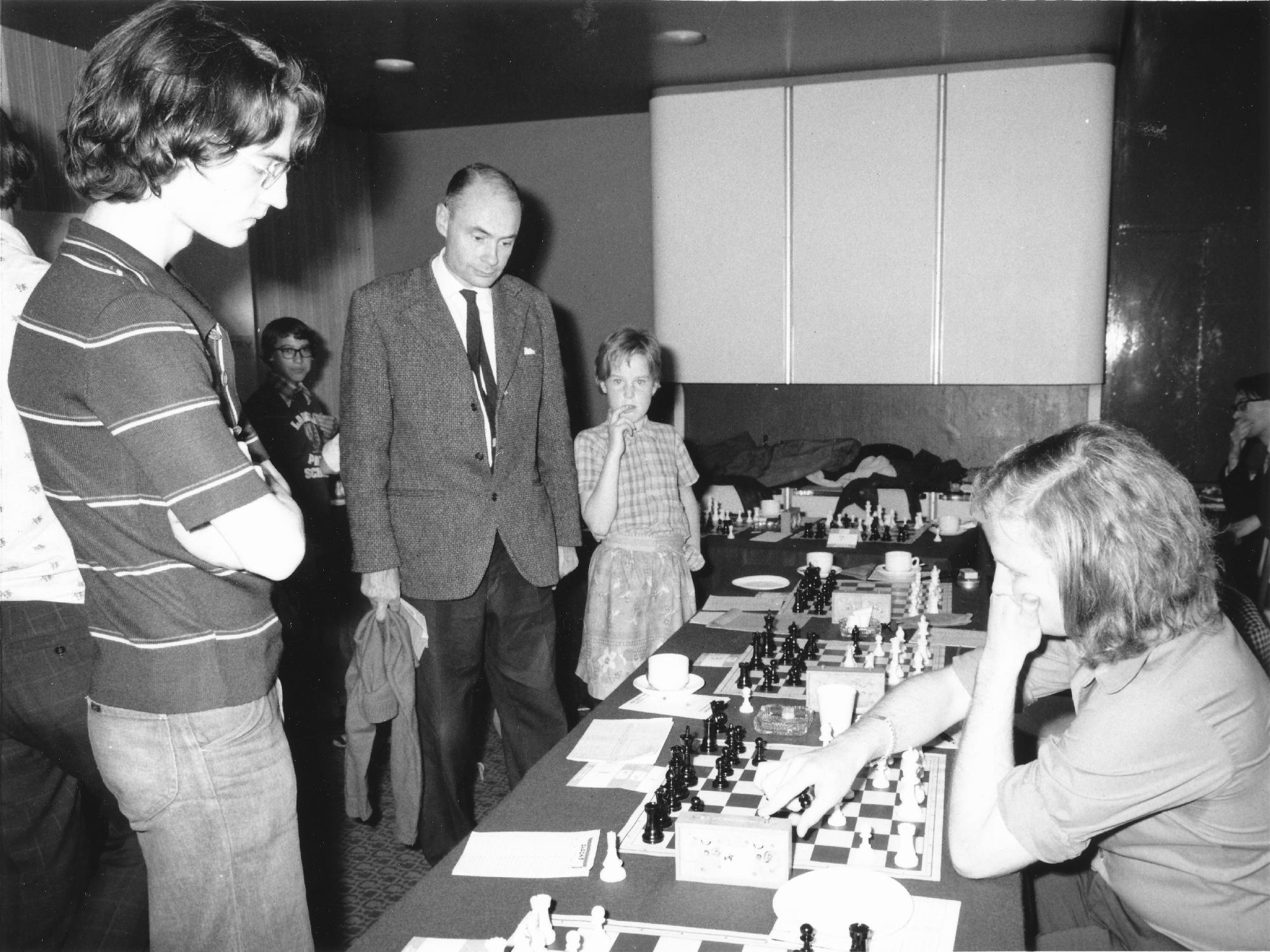
By this time Tony had failed in his first bid to get to a title match with the Russian when he fell away after a good start in the 1979 Riga Interzonal (the
second stage of the three-part qualifying cycle). It is a pity that our leading professional in Britain still has to accept so many invitations merely to make a
decent living. As Botvinnik has commented, some properly directed study and training at home may be preferable to too frequent public appearances at the board.
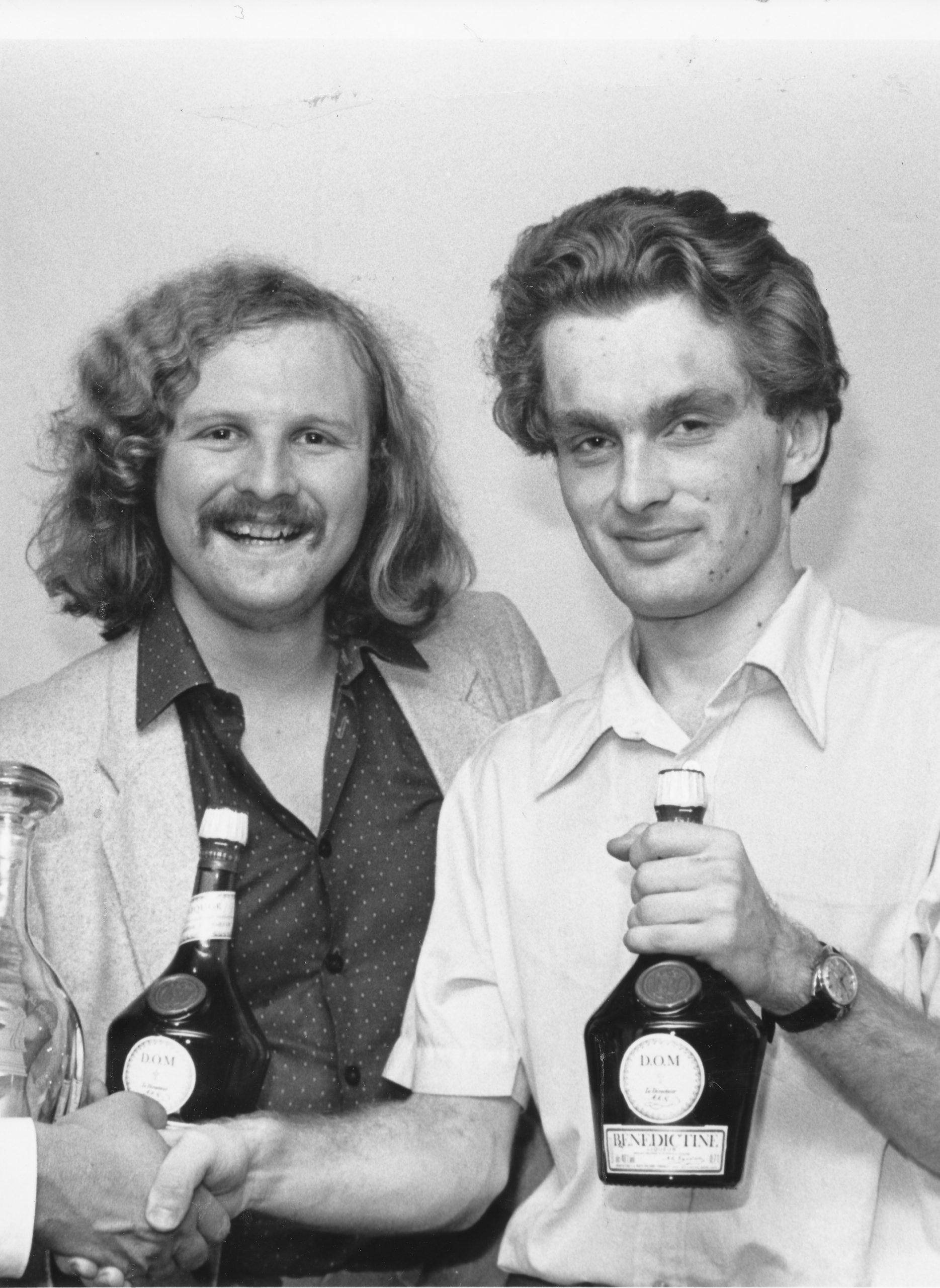
What sort of person and player is Tony Miles? He has become a more outgoing person in recent years, and has even overcome his legitimate aversion to
media representatives who attempt to interview him without any background in the game.
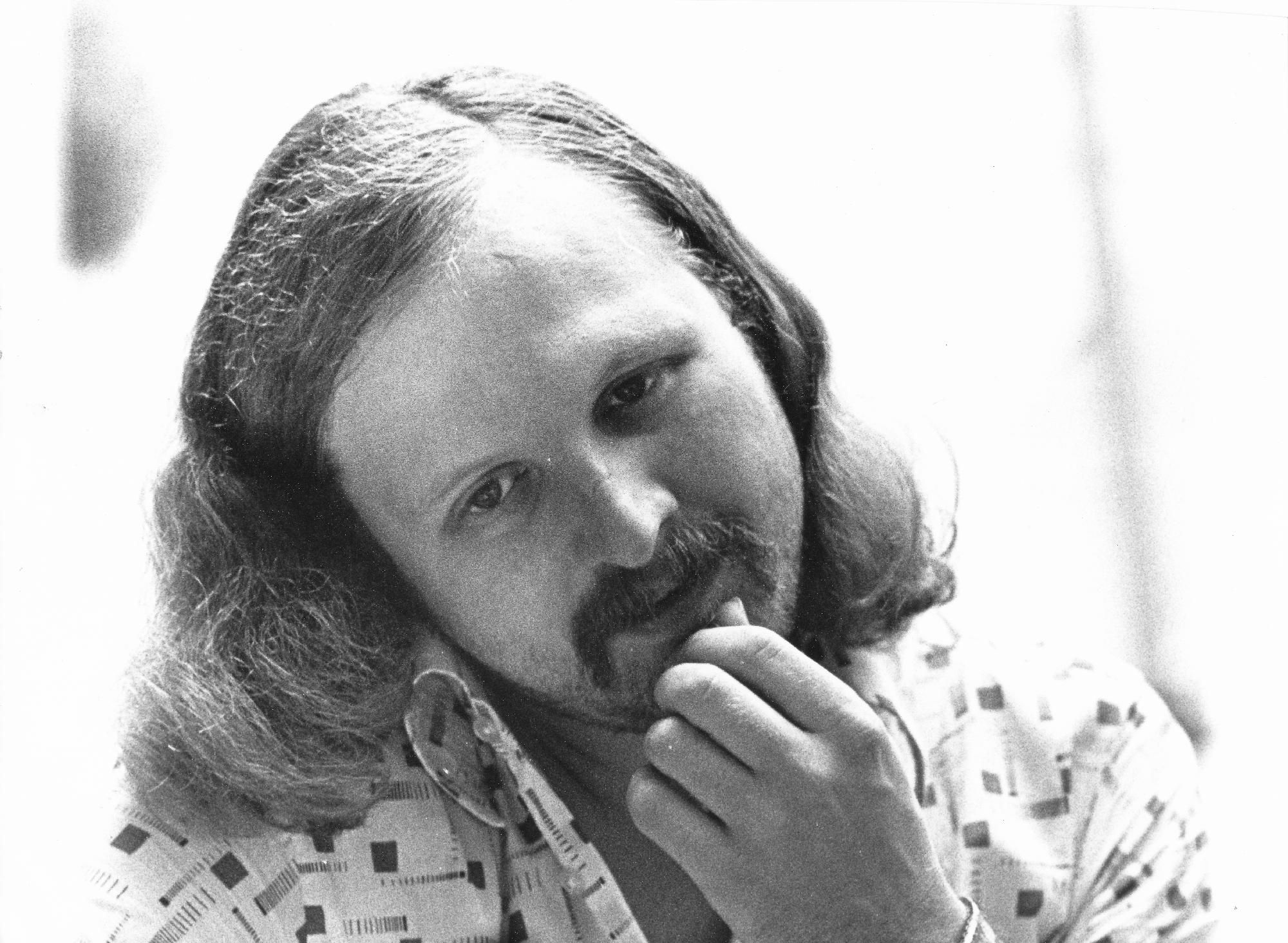
His style has also gone through various changes. At first he was purely a 1 e4 player with a penchant for tricky Nc6 variations of the Four Knights. This repertoire brought him a string of wins, but once he began meeting masters regularly he had to change his repertoire to include the flank openings and 1 d4 as well as the Sicilian Defence. Some notable contributions to opening theory include Bf4 against the Oueen’s Indian, the defence 1…b6, perhaps now 1…a6.

Yet his real strength is not in the openings, and he rarely scores quick knockouts. His strength lies in the ability to play a wide variety of positions, to have the patience to play on when there is nothing special in the position and then to recognize the crisis (sometimes more psychological than positional). At this point his fitness and energy tell. It is significant that one of his best wins in the Dubna tournament came in a queen and pawn ending that demanded great patience and technical ability.
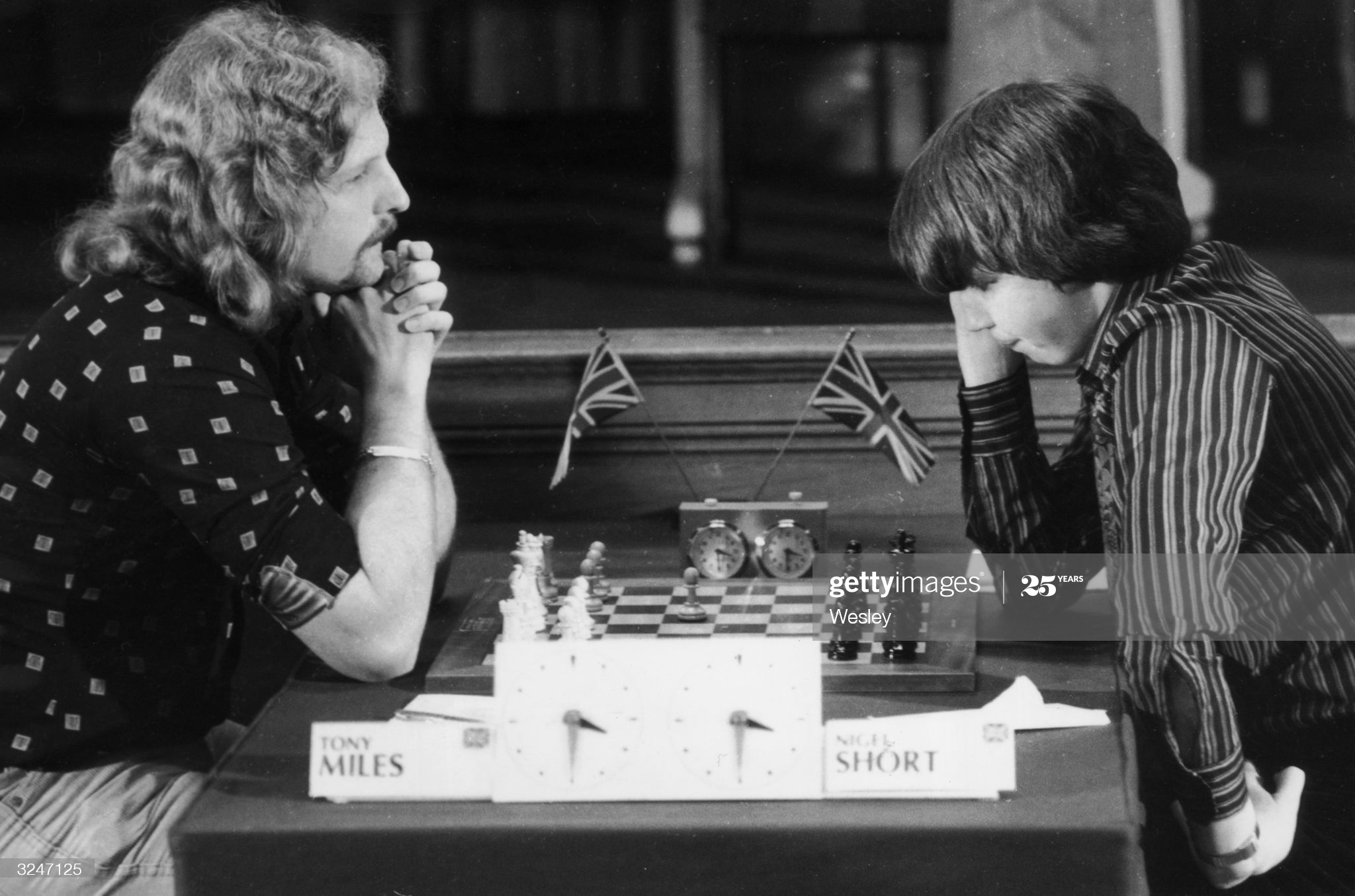
As readers of his weekly column will know he loves to analyse ever more deeply, and seems happier here than in taking intuitive decisions. In the play of the first British grandmaster we see a confirmation of the fact that modern competitive chess is more of a sport (Denksport as the Germans have it) than
an art, more a bitter struggle of strong personalities than an orthodox game.
Bernard Cafferty
”
In British Chess Magazine, Volume CXXII (122, 2002), Number 1 (January) pp. 6-13 appeared this wonderful obituary from John Saunders with contributions from Bernard Cafferty, Colin Crouch, Jon Levitt and Malcolm Hunt :
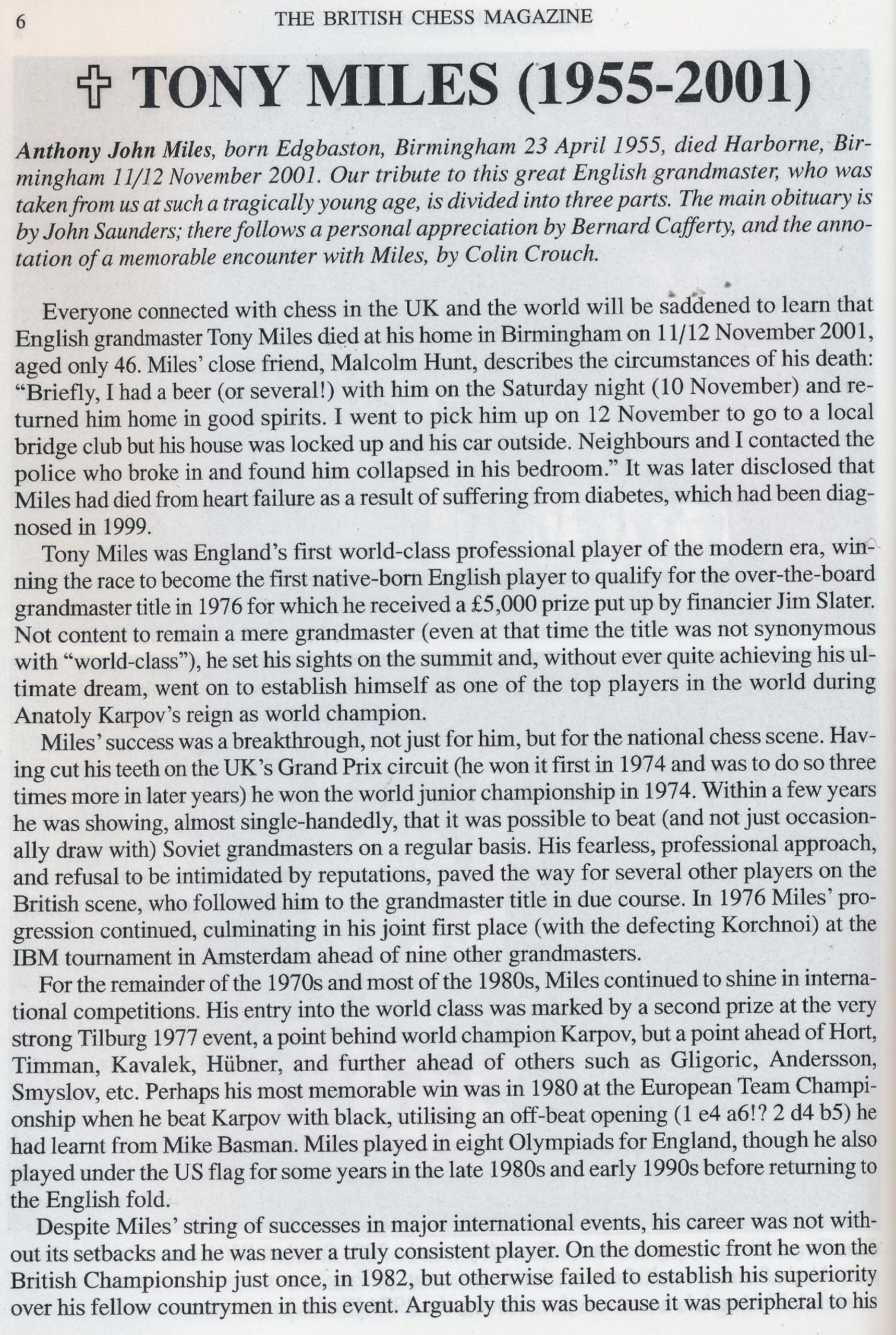
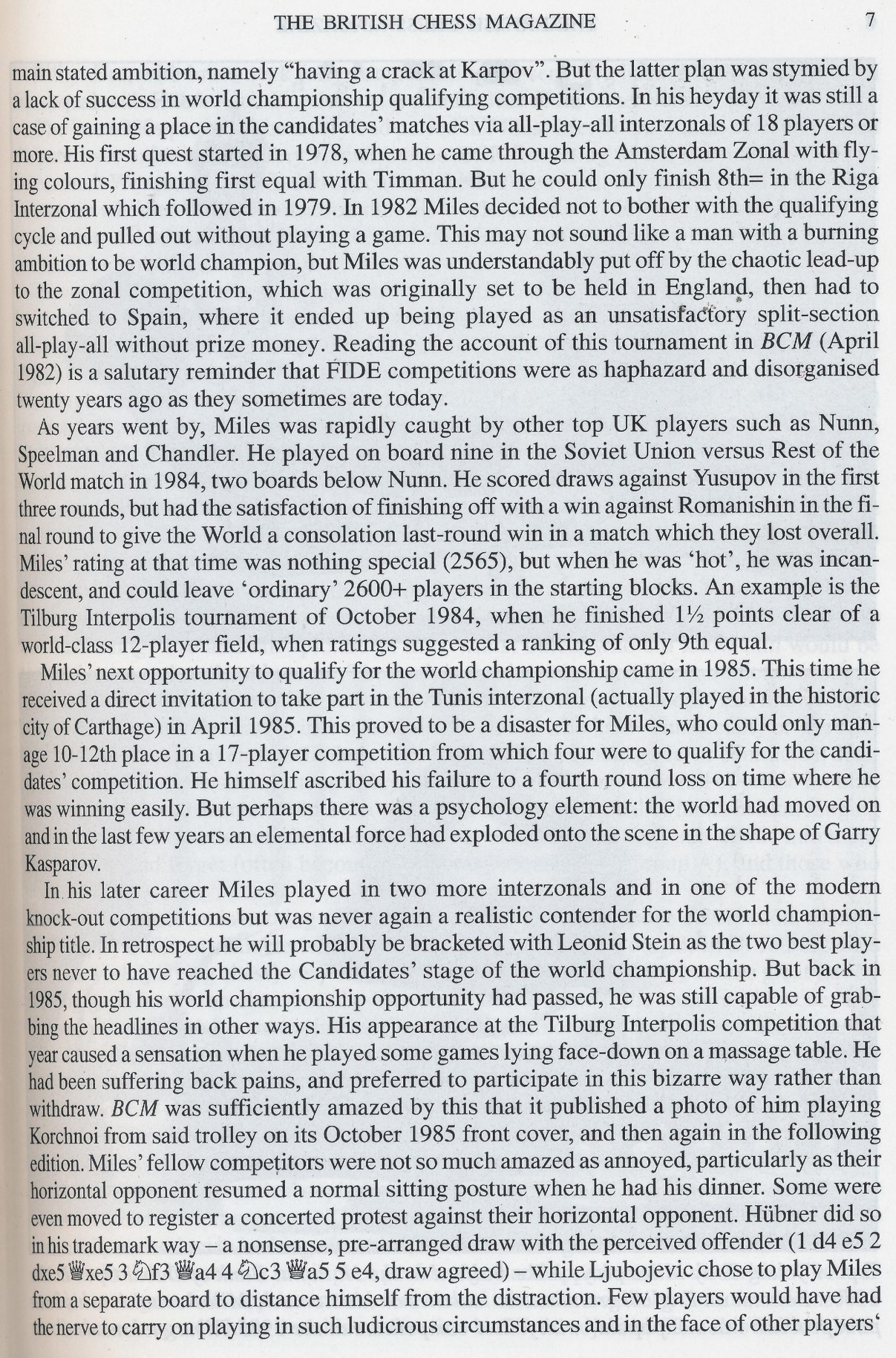
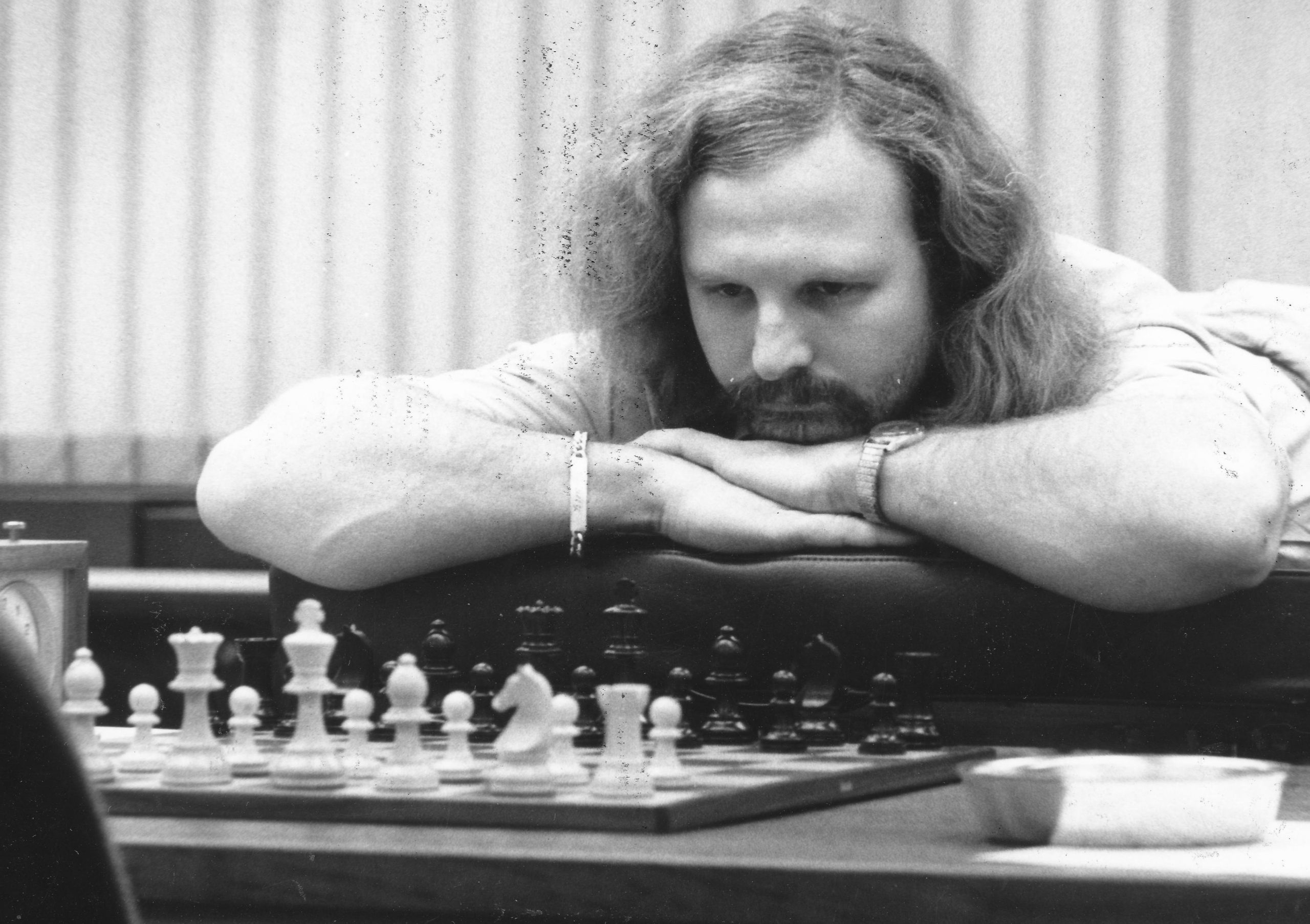
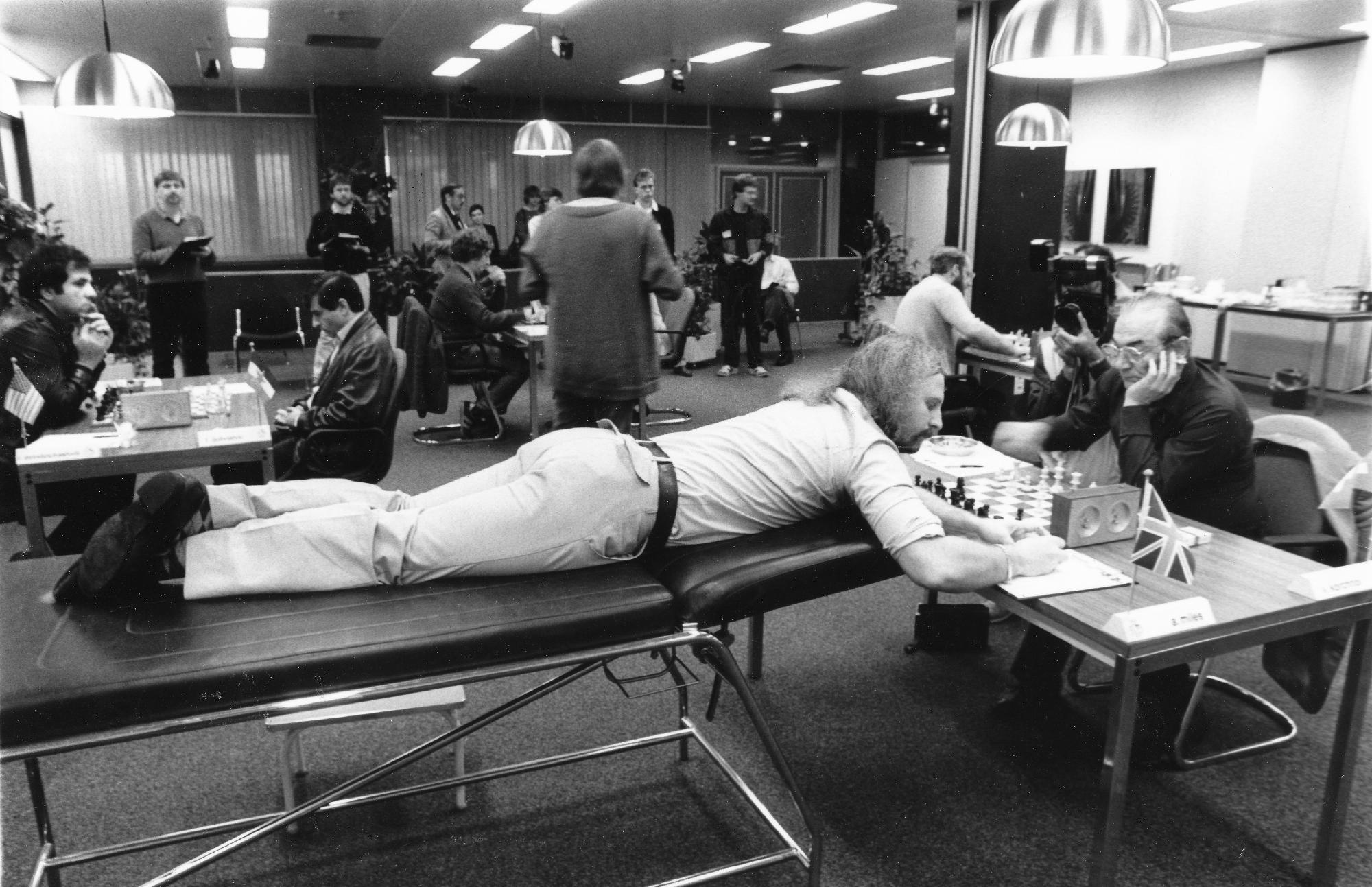
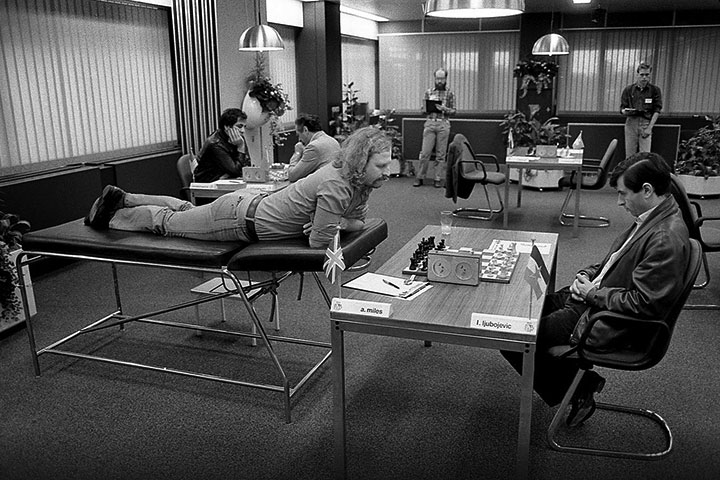
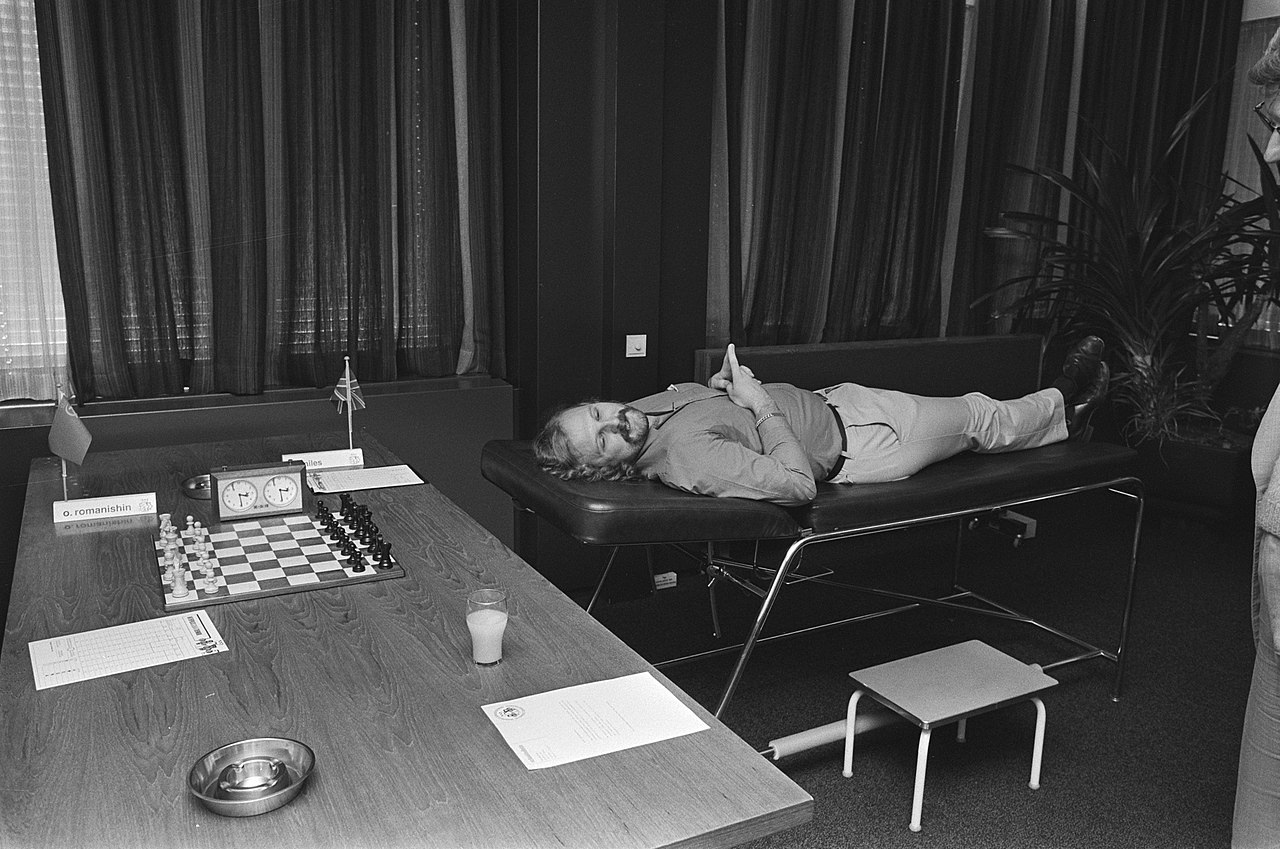
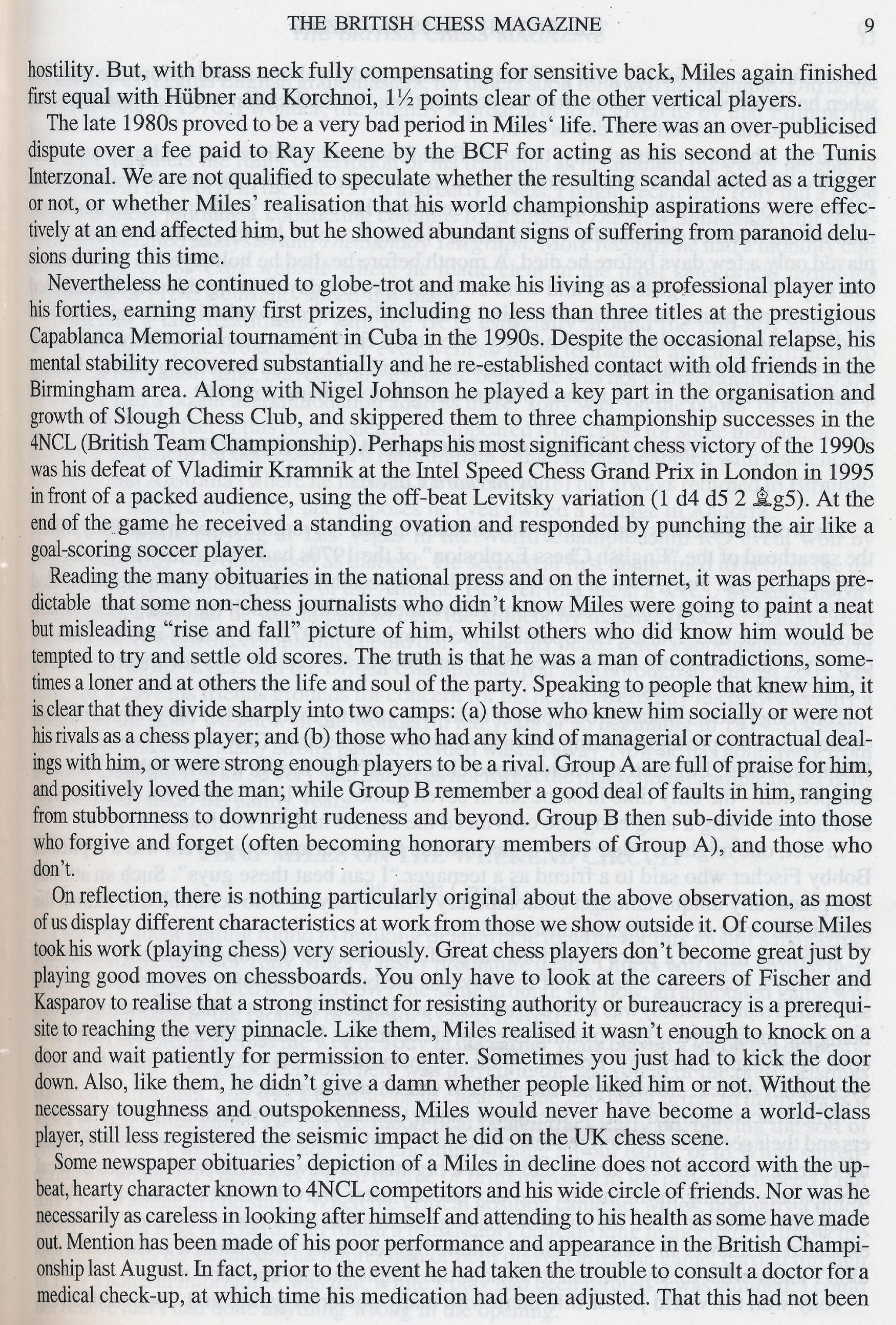
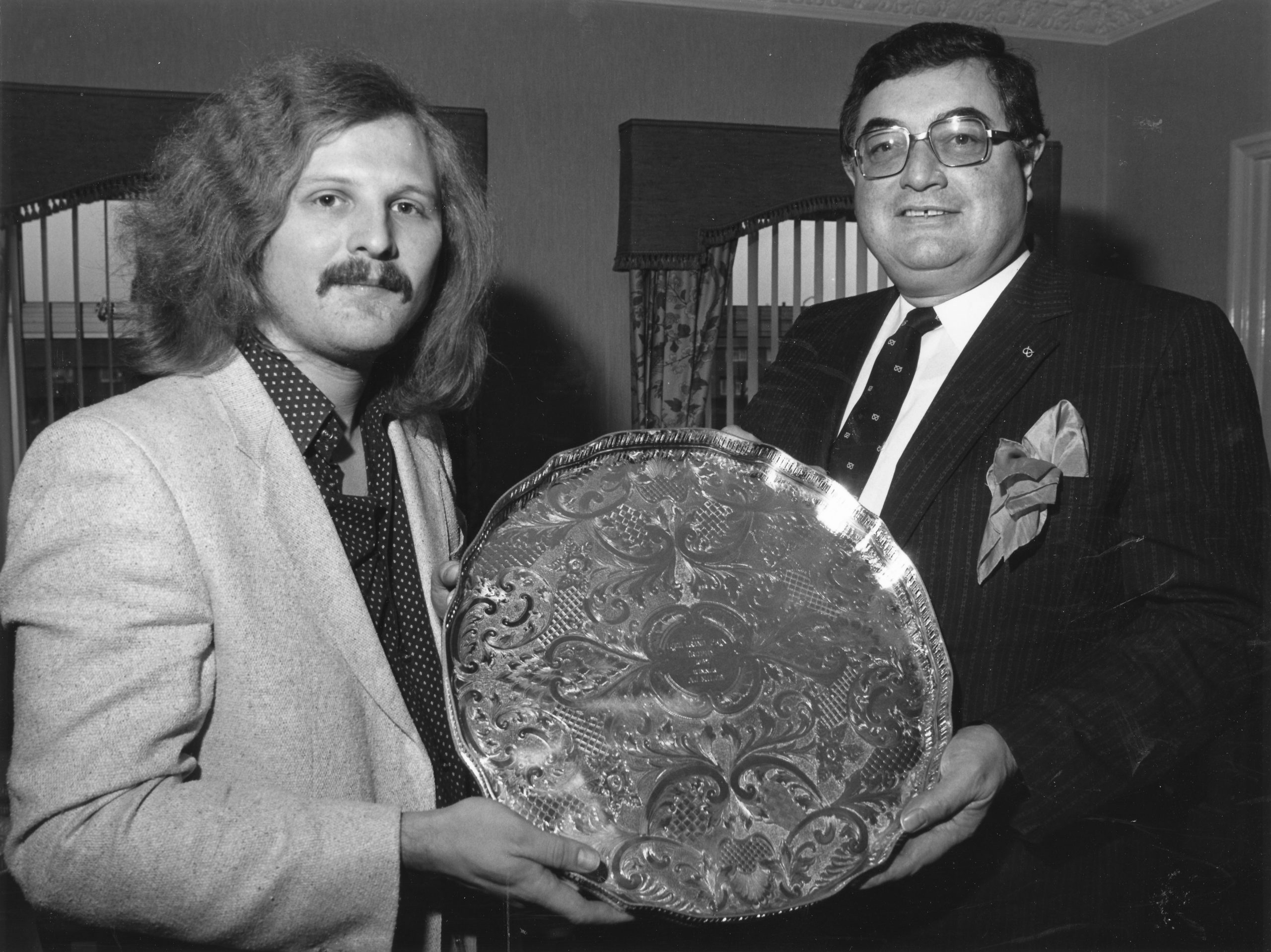
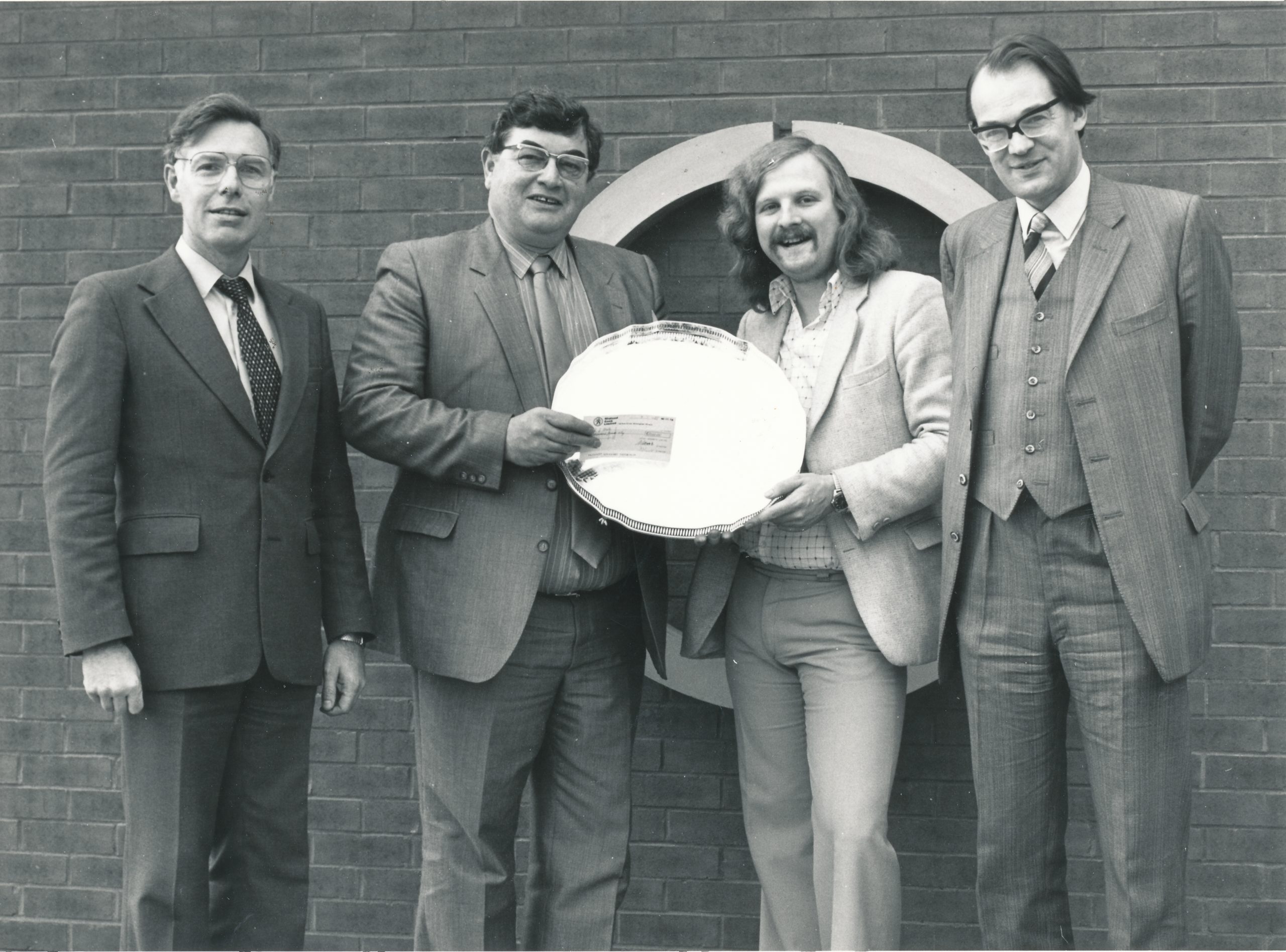
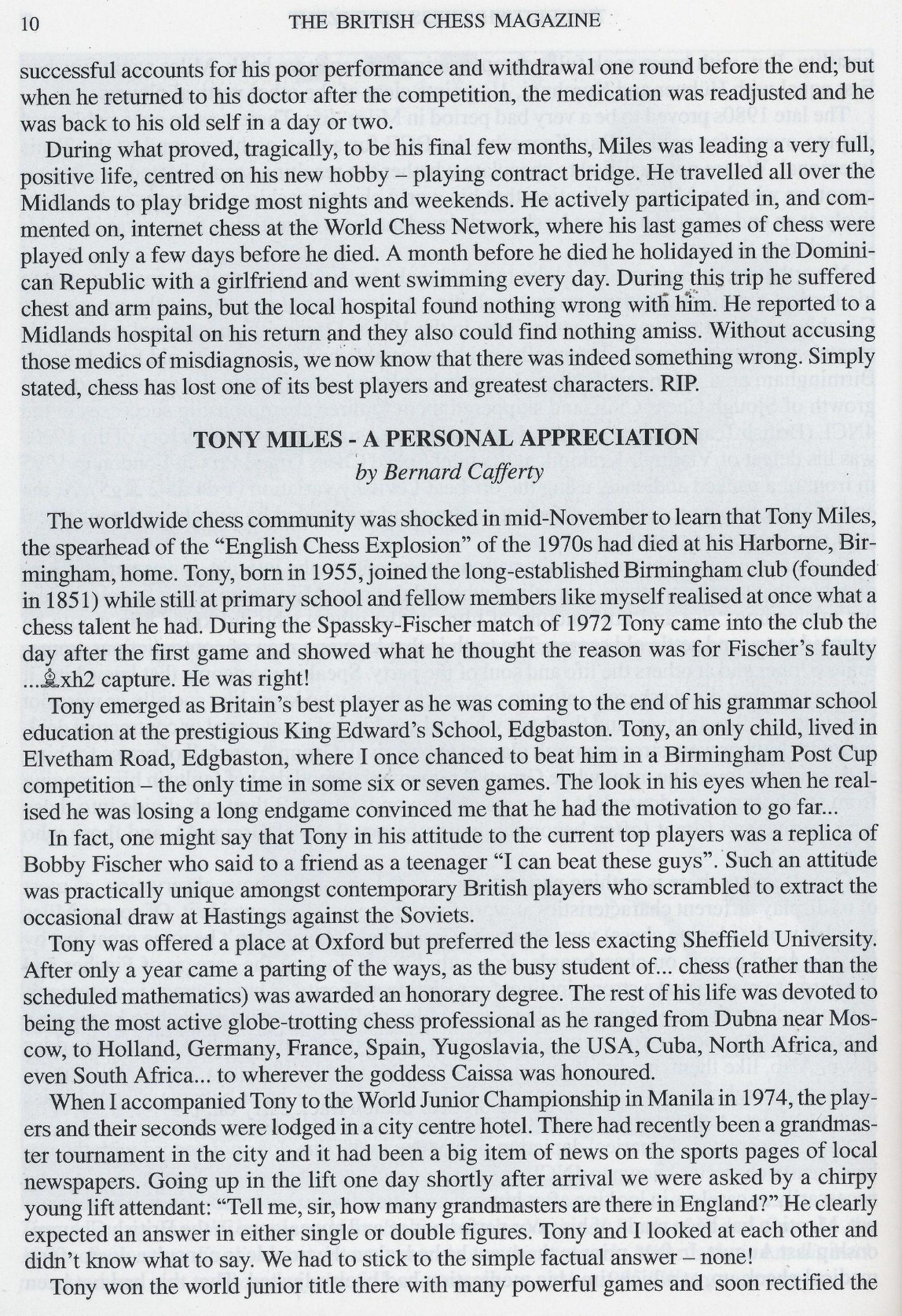
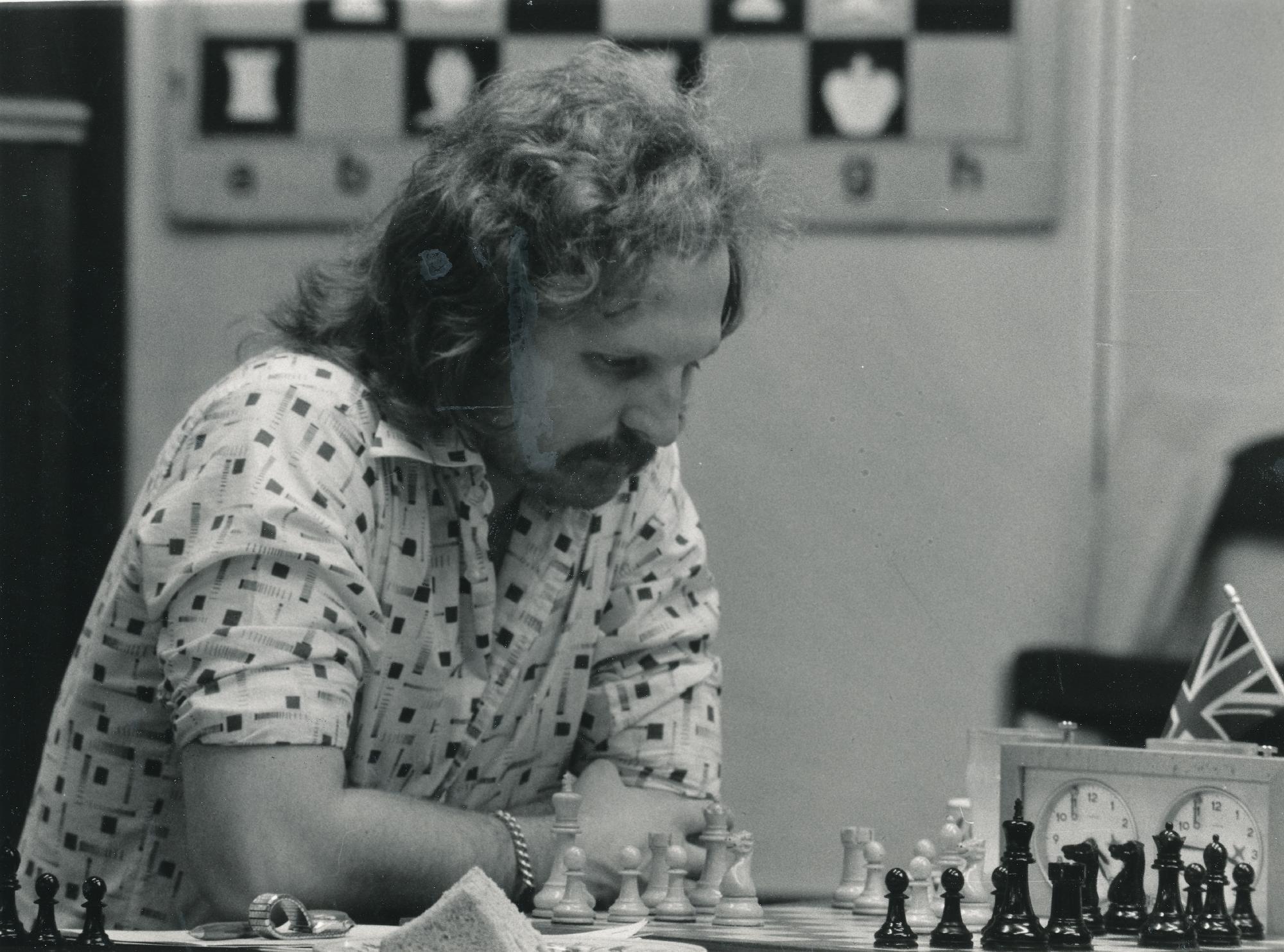
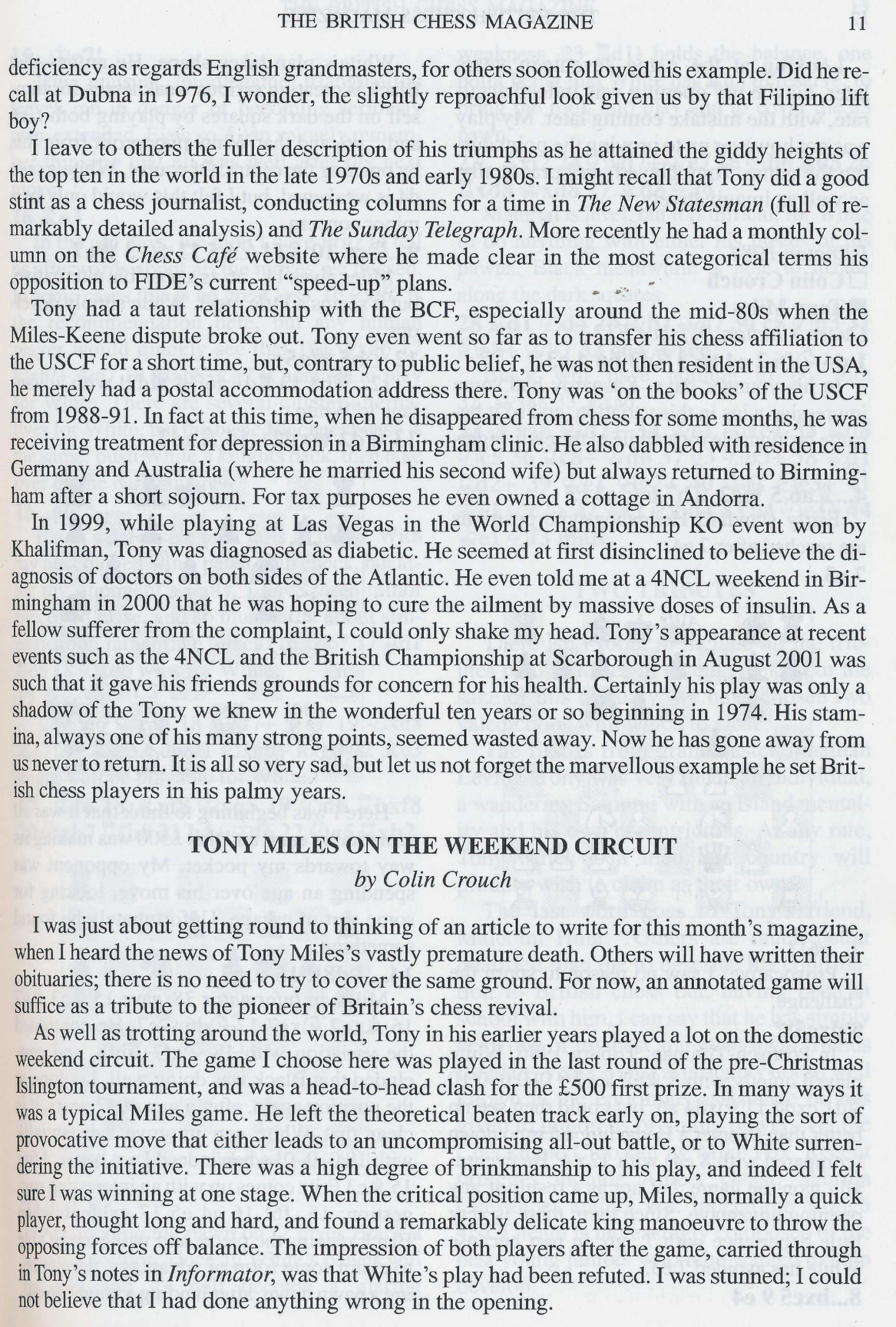
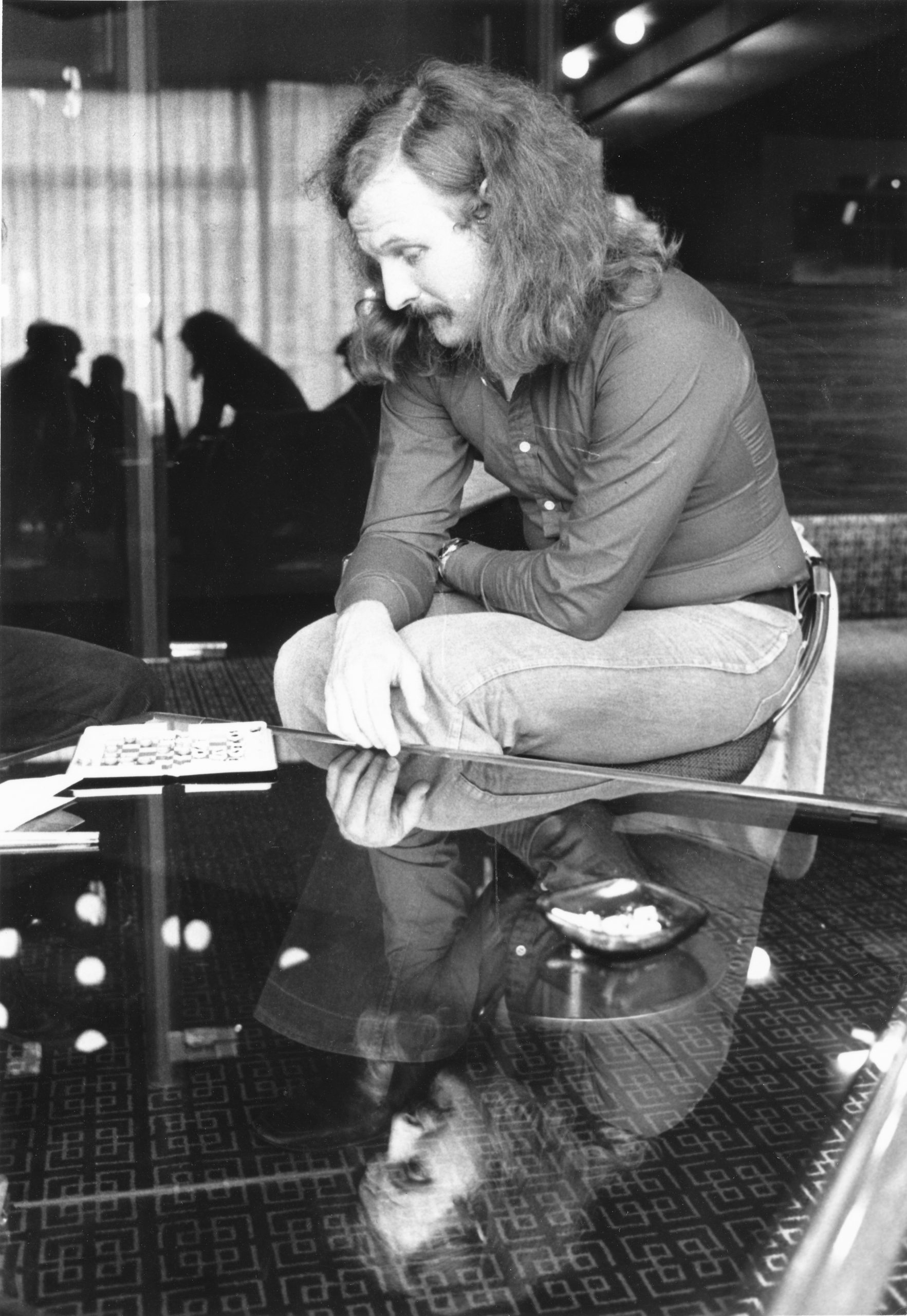
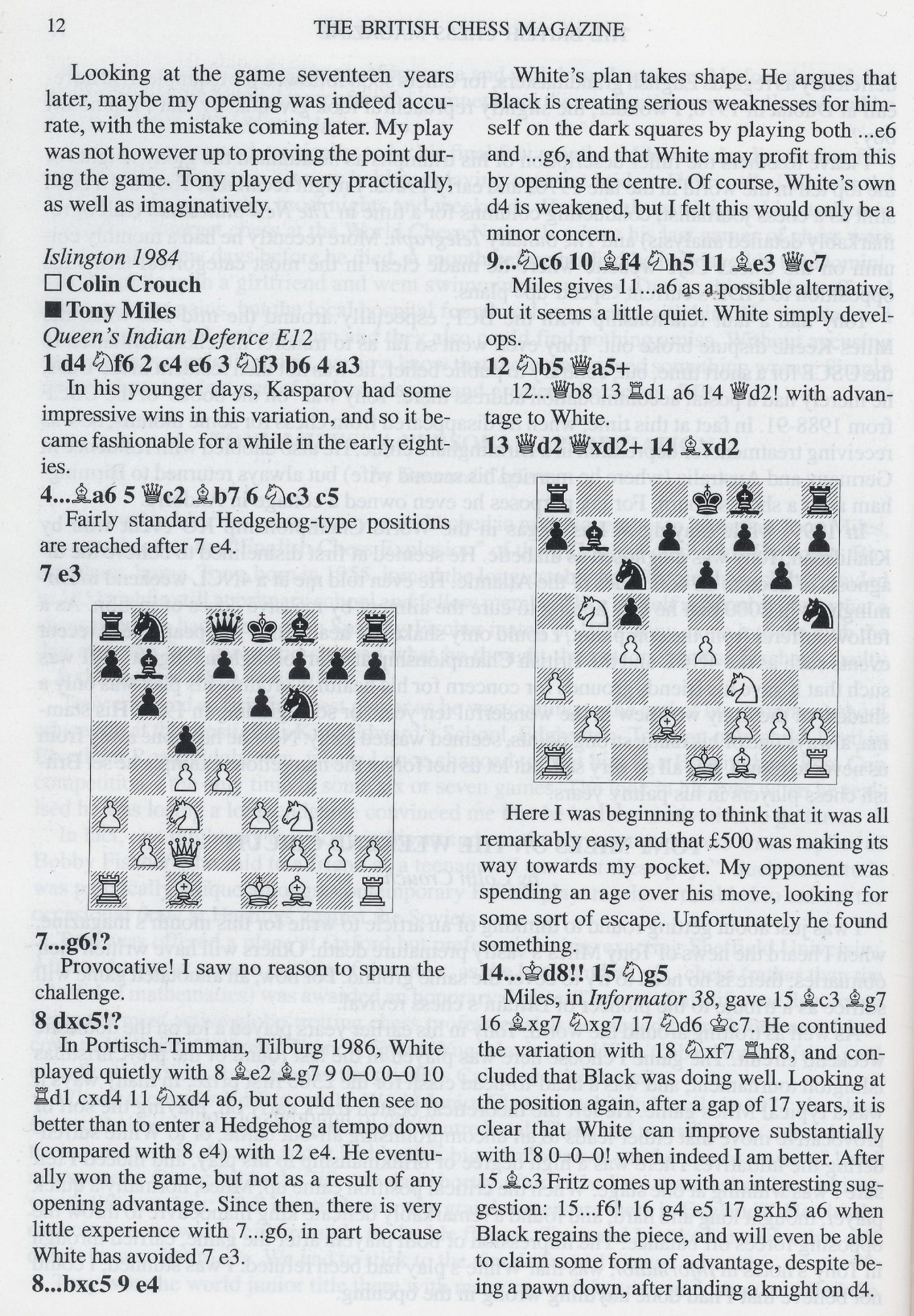
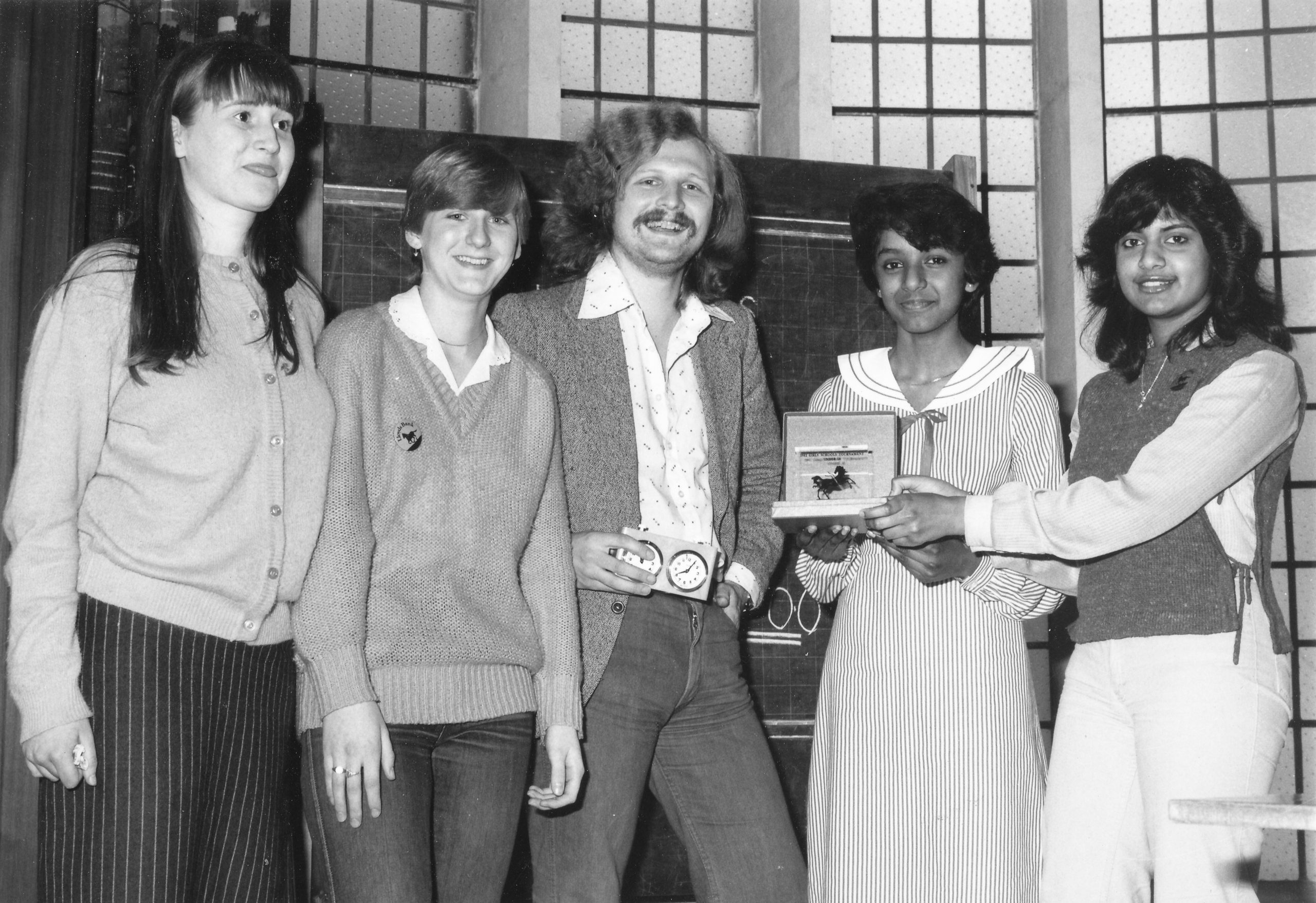
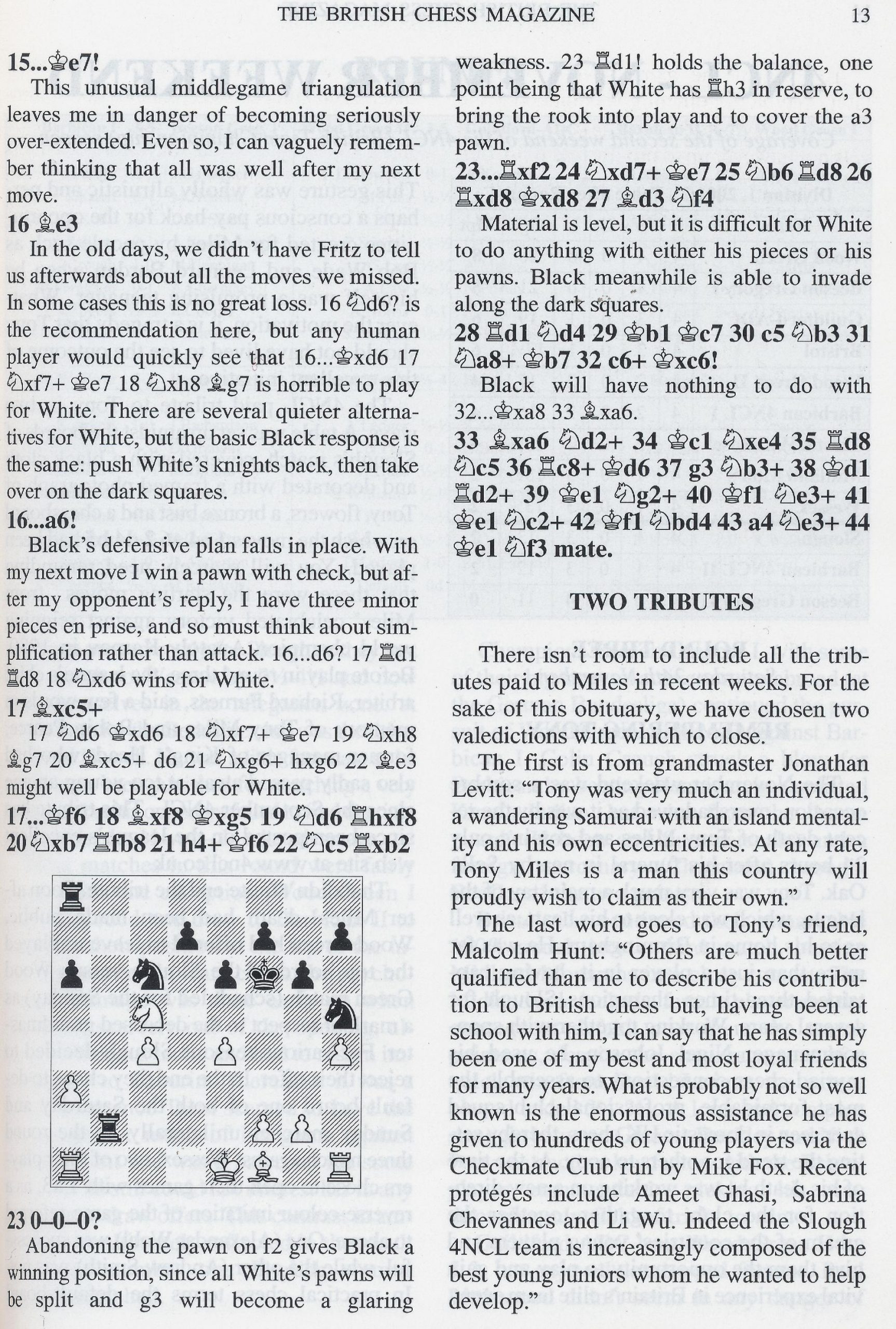
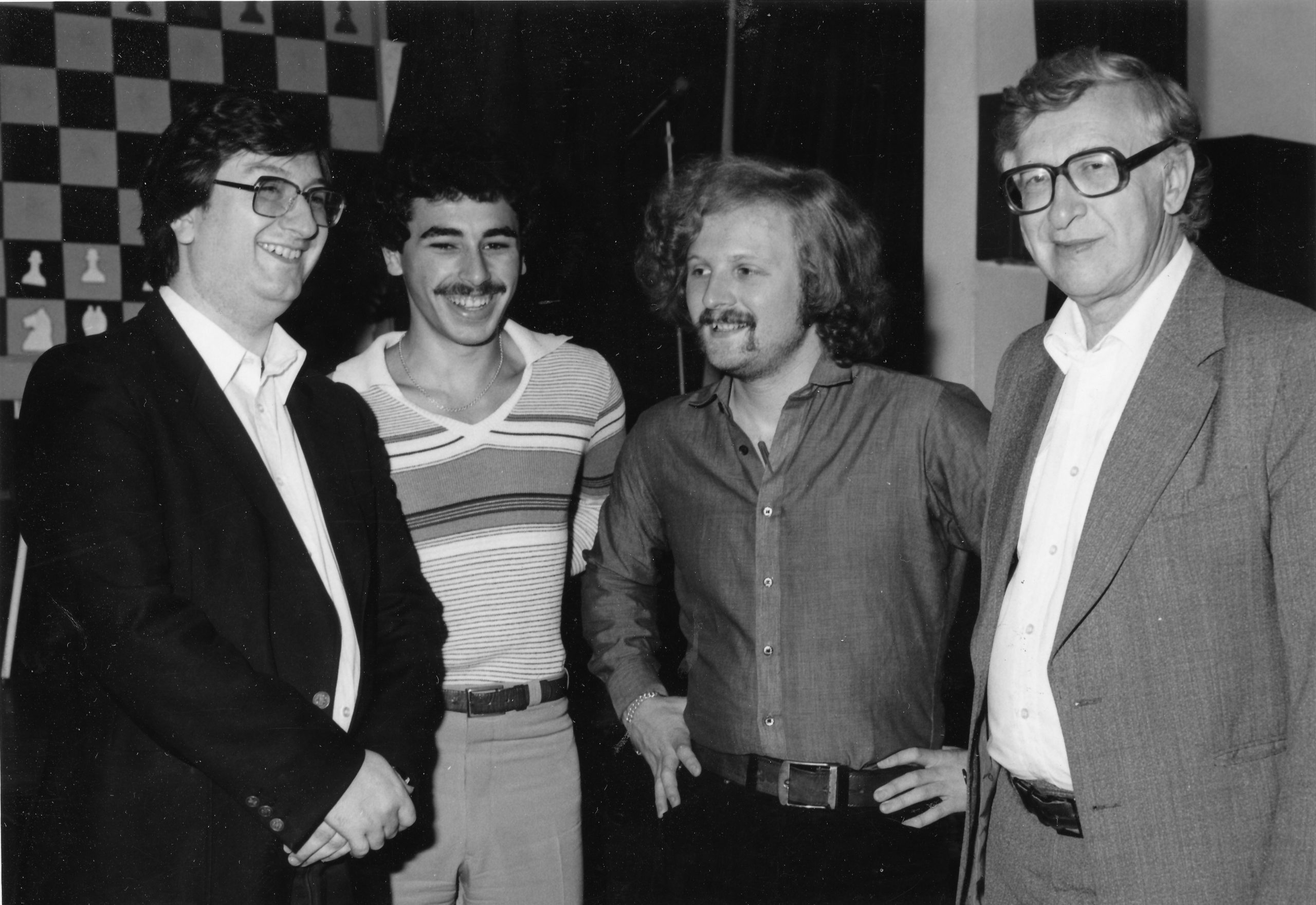
From The Oxford Companion to Chess, (OUP, 1984 & 1994), Hooper & Whyld :
“English-born player, International Grandmaster (1976). While an undergraduate he entered and won by a margin of one and a half points the World Junior Championship, Manila 1974. The following year his university, Sheffield, awarded him an honorary MA degree for his chess achievements, and he left without completing his studies, to become a chess professional. The successes came quickly; London 1975, first (+6=3-1); Amsterdam 1976, first equal with Korchnoi; Amsterdam 1977, first (+7=7-1); Biel 1977, first (+ 8=6-l); Tilburg 1977, second (+5:4-2), after Karpov, ahead of Hort and Hübner; Tilburg 1978, third (+4=4-3) equal with Dzindzichashvili and Hübner, after Portisch and Timman; London 1980, first (+6=5-2) equal with Andersson and Korchnoi; Las Palmas 1980, first (+6=5) equal with Geller and Petrosian; Baden-Baden 1981, first (+6=7) equal with Ribli, ahead of Korchnoi; Porz Koln l98l-2, second (+8=l-2), behind Tal, ahead of Hort; Biel 1983, first (+5=6), shared with Nunn; Tilburg 1984, first (+5=6), ahead of Belyavsky, Ribli, and Hübner; Portoroz-Ljubljana 1985, first (+4=6-l) equal with Portisch and Ribli; and Tilburg 1985, first (+6=5-3) equal with Hübner and Korchnoi.
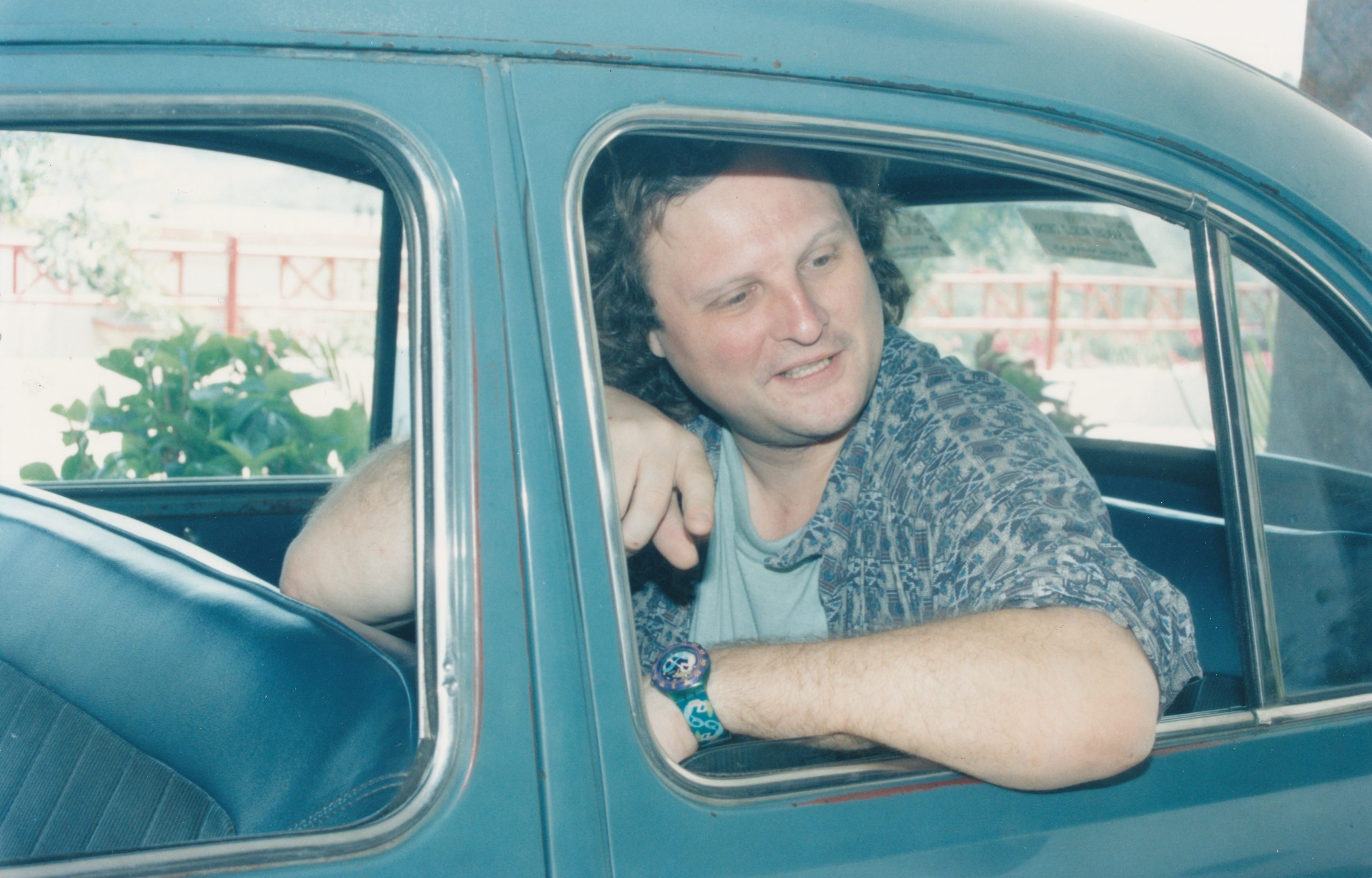
Around this time Miles began to feel the strain of ten years at the top. He was the first British player of modern times who could be seen as a possible challenger for the world title, and in the late 1970s he was well clear of his British rivals. However, largely inspired by Miles’s success, a new generation,led by Short, was in pursuit, and by the mid 1980s Miles was no longer top board in the Olympiad side. Successes became fewer, his marriage ended, and his confidence was weakened.
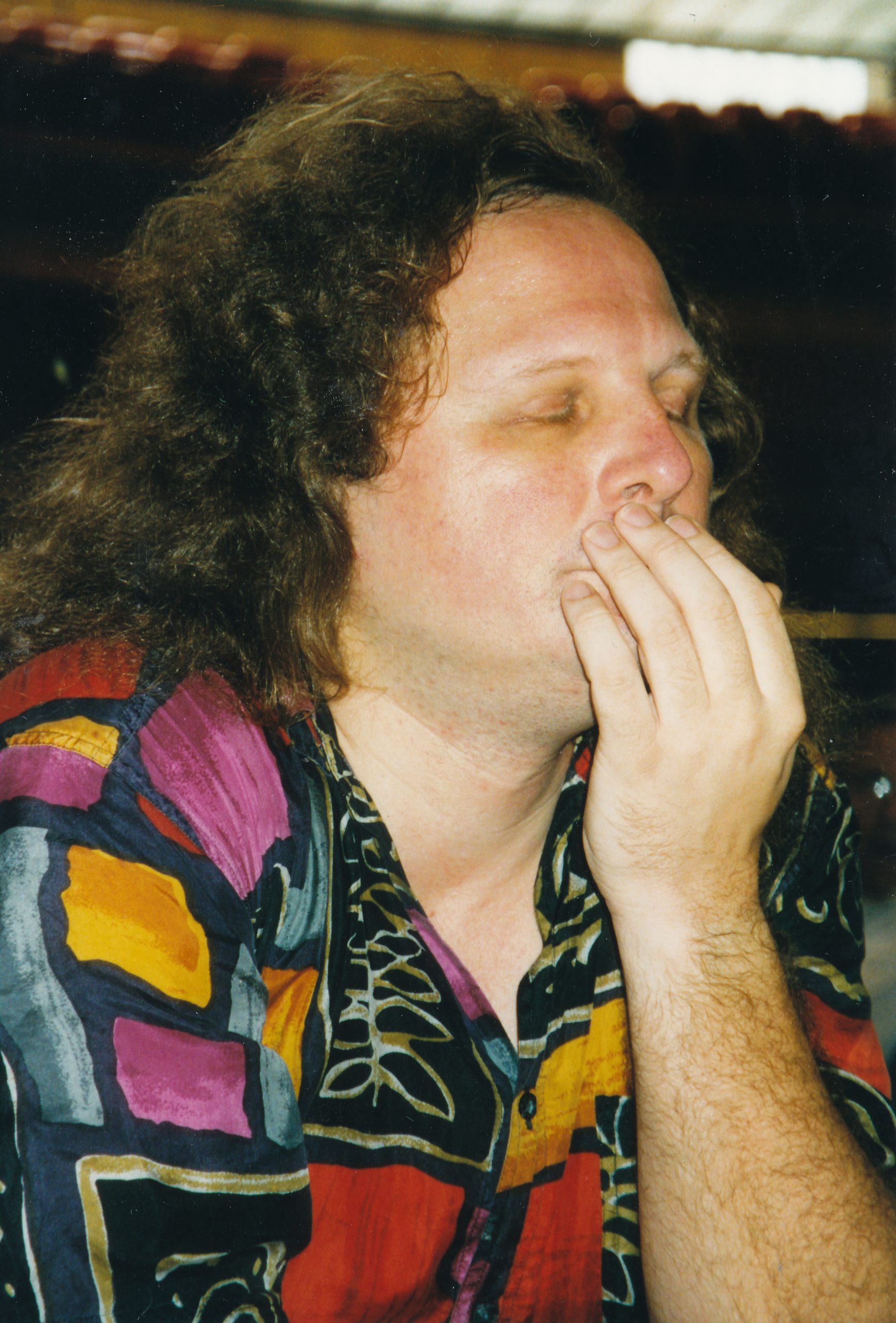
Determined to make a new start, he transferred his allegiance to the USA in 1987, and immediately shared first place with Gulko, who won the play-off, in the US Open Championship.
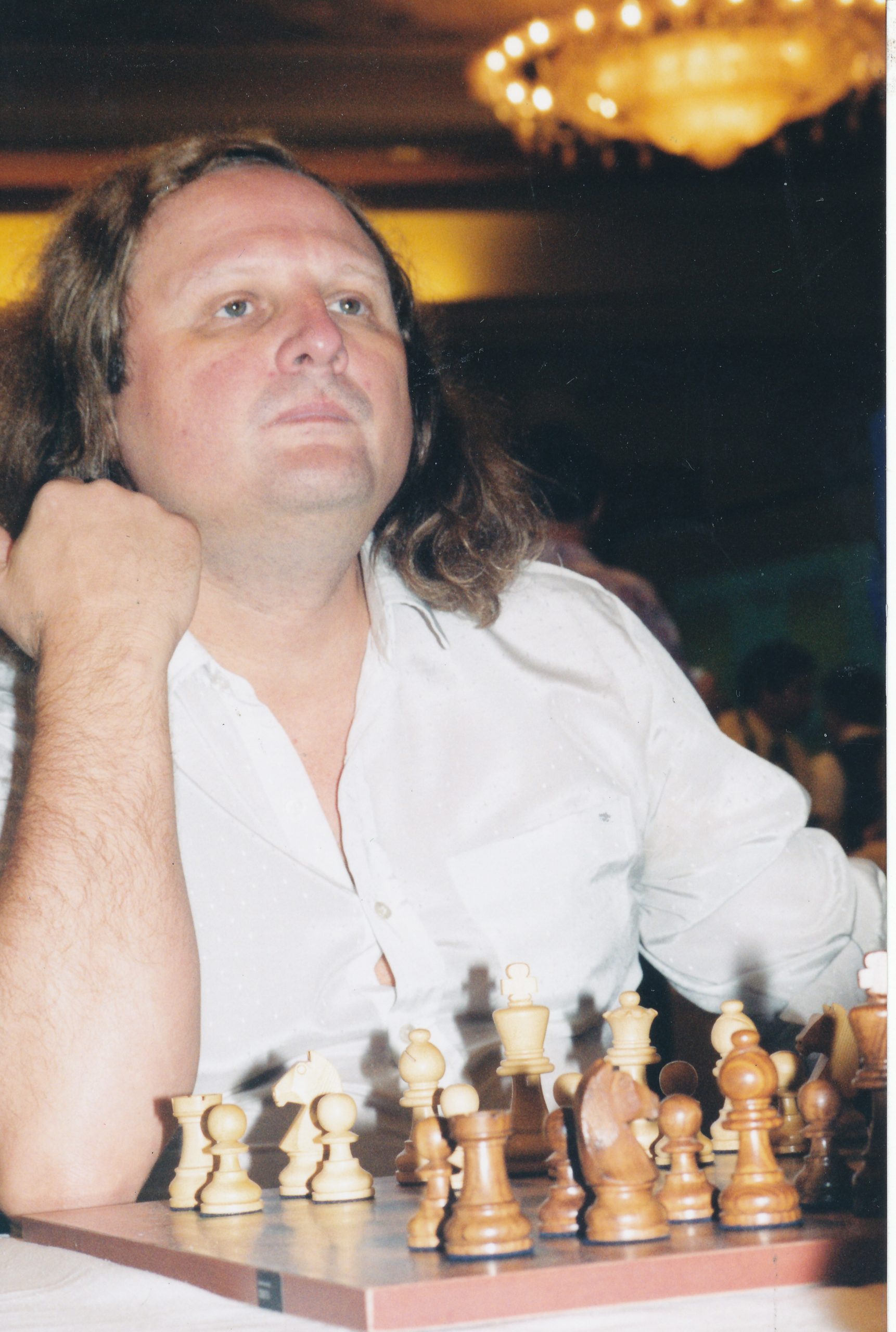
The move was not a lasting success. Miles had indifferent results and was not selected for the US Olympiad team in 1988. He had maintained a home in Germany and commuted to play in the Bundesliga and by 1990 he was spending an increasing proportion of his time in Europe. His confidence began to return, and with it more victories. He was first in two Swiss system events, Rome 1990, ahead of Barayev, Chernin, Smyslov etc, and Bad Worishofen 1990 (shared), and at Biel 1990 was equal
third (+3=9-2) alter Karpov and Andersson.”
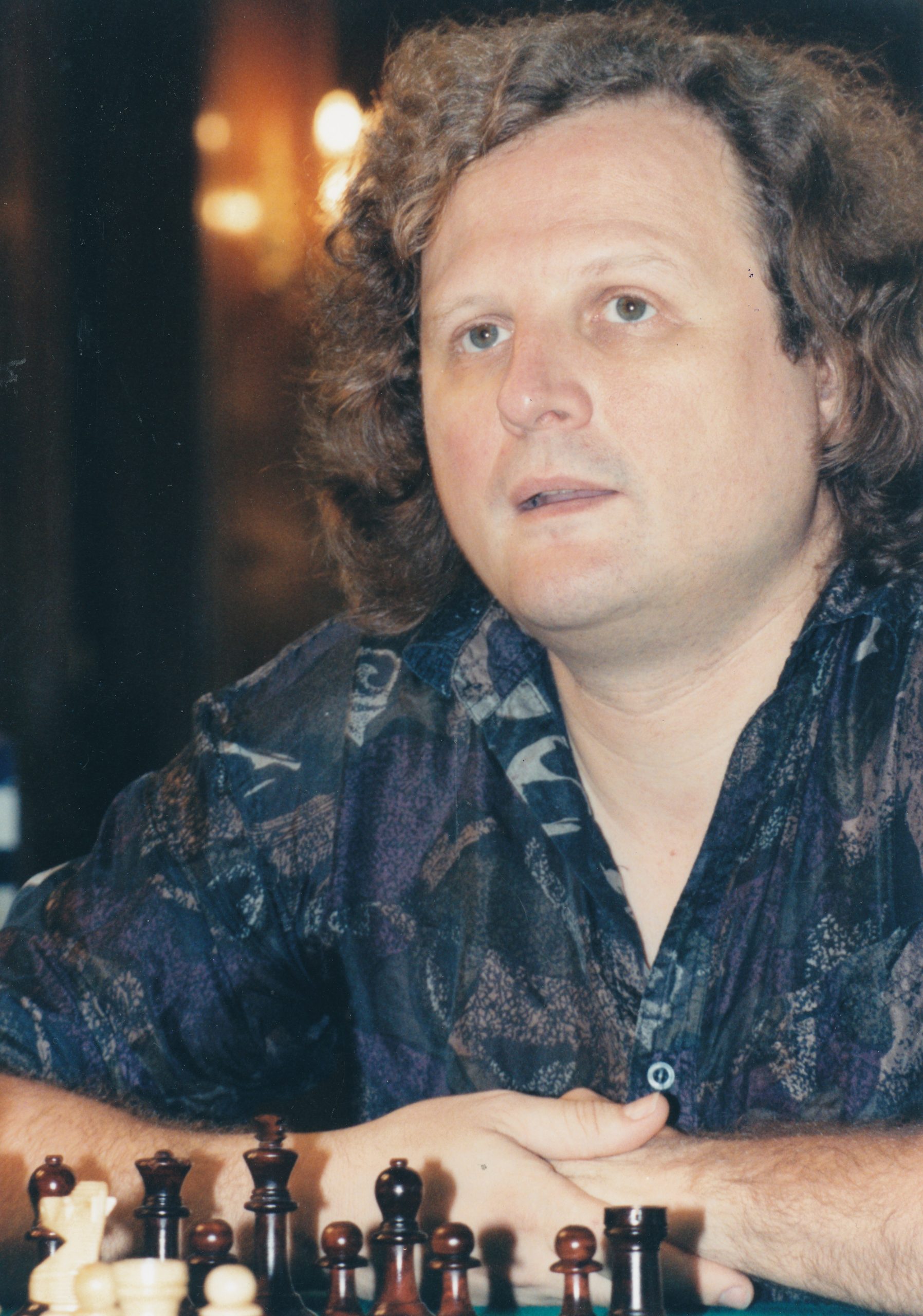
From Wikipedia :
“Personal life
Miles was an only child, born 23 April 1955 in Edgbaston, a suburb of Birmingham, and attended King Edward’s School, Birmingham.[1][2] He was married and divorced twice, and had no children.[1] Miles’ first wife was Jana Hartston, who had previously been married to William Hartston.[2]
Early achievements in chess
He learned the game of chess early in life and made good progress nationally, taking the titles of British under-14 Champion and under-21 Champion in 1968[1] and 1971,[3][4] respectively.
In 1973, Miles won the silver medal at the World Junior Chess Championship at Teesside, his first important event against international competition. Both he and compatriot Michael Stean defeated the tournament winner Alexander Beliavsky, but were unable to match the Soviet player’s ruthlessness in dispatching lesser opponents. Miles went on to win this prestigious title the following year in Manila, while a mathematics undergraduate of the University of Sheffield.[1][2]
Taking the decision to pursue the game professionally, Miles did not complete his studies, but, in 1975, was awarded an MA by the University in respect of his chess achievements.[2]
Further career highlights
In 1976, Miles became the first UK-born, over-the-board chess grandmaster, narrowly beating Raymond Keene to the accolade.[2] The naturalised, German-born Jacques Mieses was awarded the GM title in 1950, while Keith Bevan Richardson had been awarded the GM title for correspondence chess earlier in 1975. For his achievement, Miles won a £5,000 prize, put up by wealthy businessman and chess backer Jim Slater.[1][2]
Miles had a string of good results in the late 1970s and 1980s. He matured into a world class player and won games against high calibre opponents, such as former World Chess Champions Vasily Smyslov, Mikhail Tal and Boris Spassky.
In 1980 at the European Team Championship in Skara, he beat reigning World Champion Anatoly Karpov with Black, using the extremely unorthodox opening 1. e4 a6!?, the St. George Defence. It is often said that Miles learned the line from offbeat openings enthusiast Michael Basman, but in his book Play the St. George, Basman asserts there is no truth to this. Miles beat Karpov again three years later in Bath in a game that was part of the BBC’s Master Game series, but it was shown only by the (co-producing) German television network, due to a BBC technicians’ strike at the time of broadcast.
Miles won the British Championship just once, in 1982 when the event was held in Torquay. His prime time as a chess player was the mid-1980s. On 20 May 1984 in Roetgen (Germany), Miles set a European record in blind simultaneous chess with 22 games (+10−2=10);[5] this record was not broken until 2009. On the January 1984 Elo rating list, he ranked No. 18 in the world with a rating of 2599. One of his best results occurred at the Tilburg tournament in 1984, where, from a strong field, he emerged sole winner by a clear margin of one and one-half points. The following year, he tied for first at the same event with Robert Hübner and Viktor Korchnoi, playing several of his games while lying face down on a table, having injured his back.[6]
The result was controversial, as many of Miles’ opponents felt they were distracted by the unusual circumstances. A string of good performances culminated in a good showing on the January 1986 Elo rating list, where he climbed to a best-ever position of World No. 9 with a rating of 2610. During this period, there was considerable rivalry with Nunn over who was the United Kingdom’s best player, the two protagonists regularly leapfrogging each other in the world rankings. Nigel Short and Speelman soon added to the competition, as the English national squad entered its strongest period.
Never able to qualify out of the Interzonal stages into the Candidates’ series, Miles eventually lost the race to become the first British Candidate when Short did so in 1985. However, he retained top board for England at the Thessaloniki and Dubai Olympiads of 1984 and 1986, helping the team to silver medals at each.
Against Garry Kasparov, Miles had little success, not winning a game against him, and losing a 1986 match in Basel by the score of 5½–½. Following this encounter, Miles commented “I thought I was playing the world champion, not a monster with a thousand eyes who sees everything” (some sources alternatively quote Miles as having the opinion that Kasparov had 22 or 27 eyes).
Miles on a stretcher with back pain, playing in Tilburg (1985)
After he was hospitalised because of a mental breakdown in late 1987, Miles moved to the United States. He finished last in the 1988 U.S. Championship, but continued to play there and had some good results. In 1991, he played in the Championship of Australia, but eventually moved back to England and began to represent his native country again. He was equal first at the very strong Cappelle-la-Grande Open in 1994, 1995, and 1997, and caused a shock at the PCA Intel Rapid Chess Grand Prix in London in 1995, when he knocked out Vladimir Kramnik in the first round and Loek van Wely in the second. His bid to win the event was finally halted in the semifinal by English teammate Michael Adams.
There were four notable victories at the Capablanca Memorial in Cuba (1994, 1995, 1996, and 1999). Miles also tied for first in the 1999 Continental Open in Los Angeles with Alexander Beliavsky, Ľubomír Ftáčnik and Suat Atalık. His last tournament victory was the 2001 Canadian Open Chess Championship in Sackville, New Brunswick.
Miles entered and played at the 2001 British Championship in Scarborough, but withdrew before the final round, apparently because of ill health. His final two games before his death were short draws in the Four Nations Chess League. Miles played in an extraordinary number of chess events during his career, including many arduous weekend tournaments.
The Miles Variation (1.d4 Nf6 2.c4 e6 3.Nf3 b6 4.Bf4) in the Queen’s Indian Defence is named after him.”
Of course there are numerous articles about Tony for example :
Vlastimil Hort Remembers Tony Miles
Hort stories: Wrong place wrong time
Chess Corner – Original Maverick: Remembering Tony Miles
Britain’s first chess grandmaster, he paved the way for today’s international competitors
Tony Miles (1955-2001) by Edward Winter
How Anthony Miles beat a World Champion (Karpov-Miles, Skara 1980)
